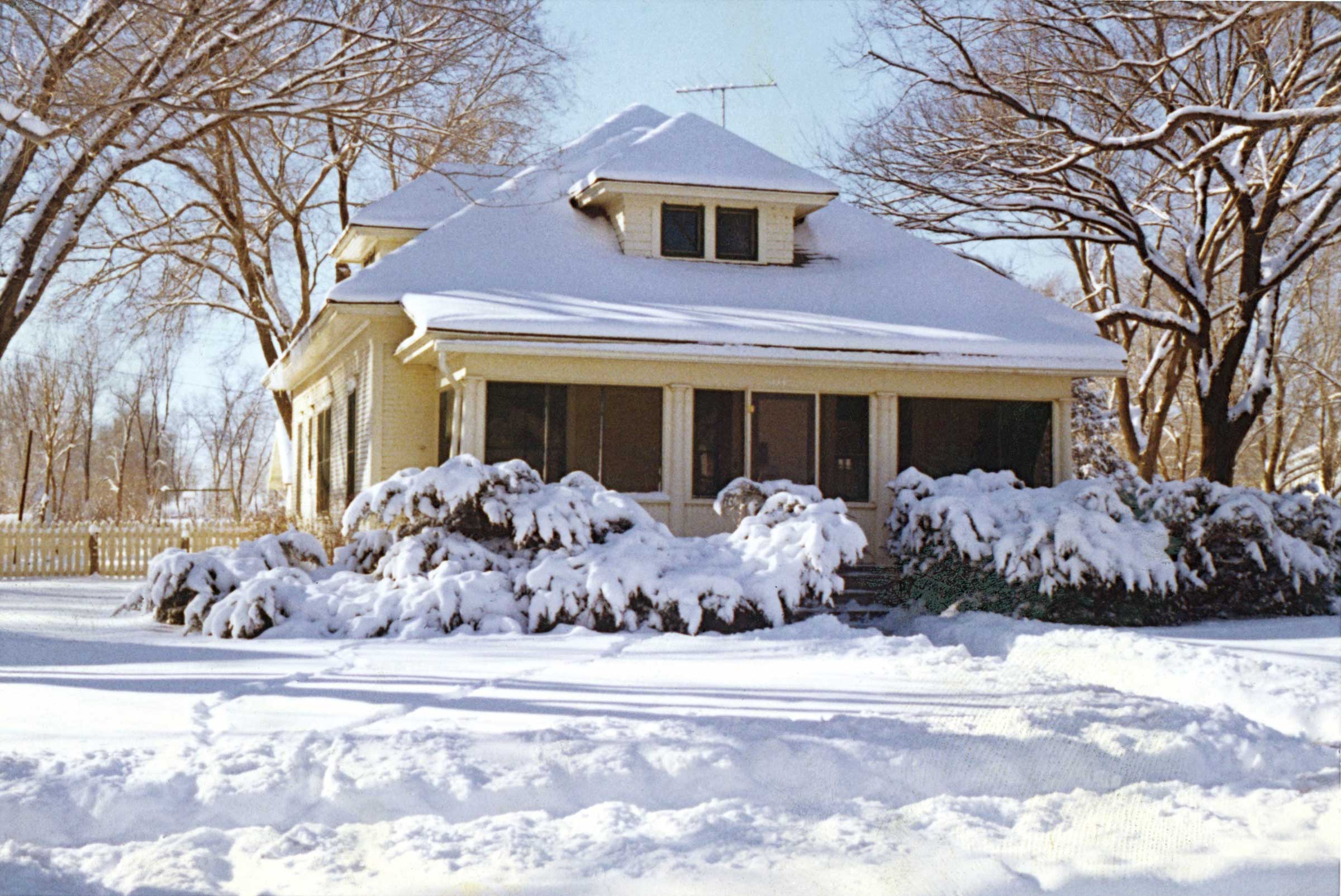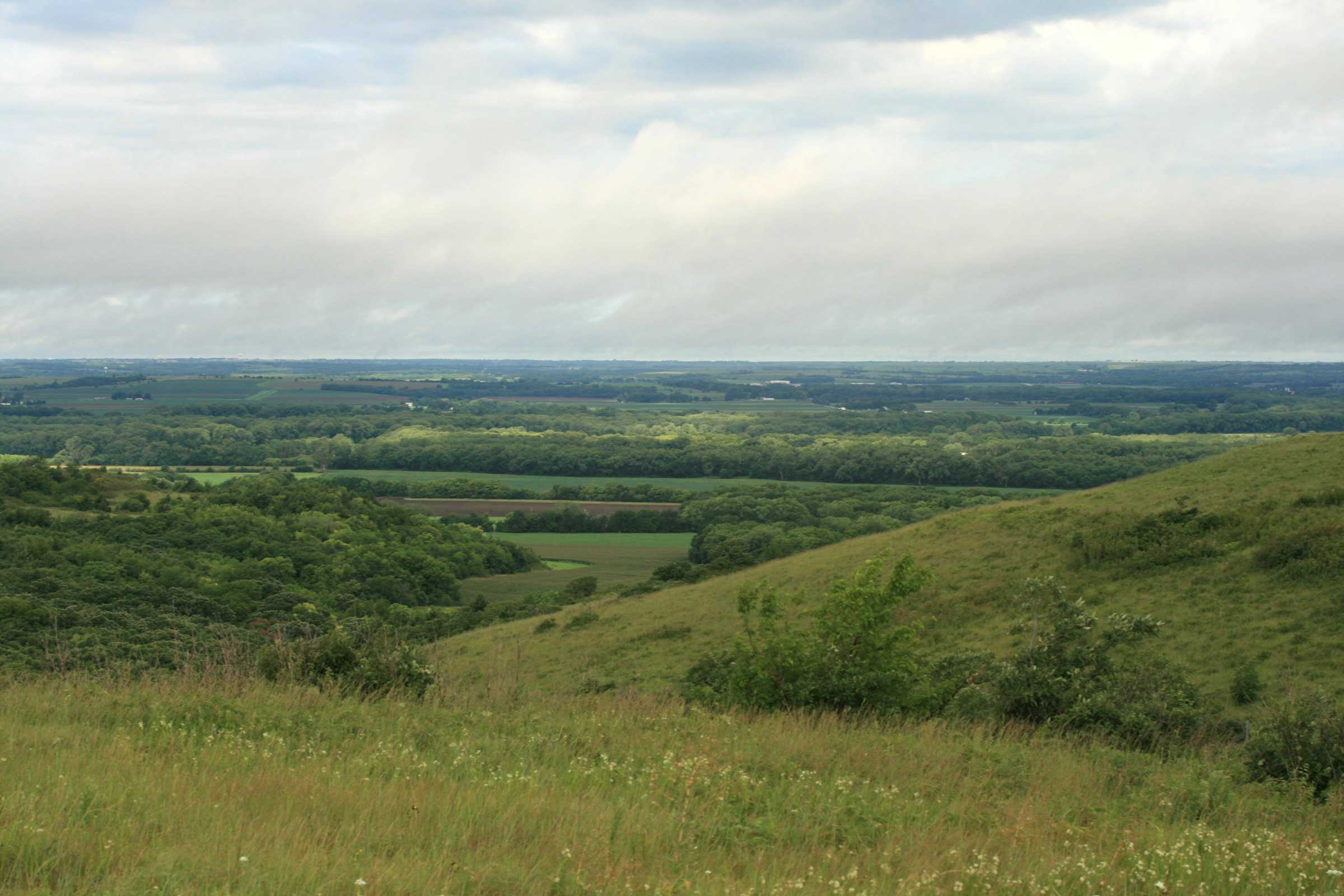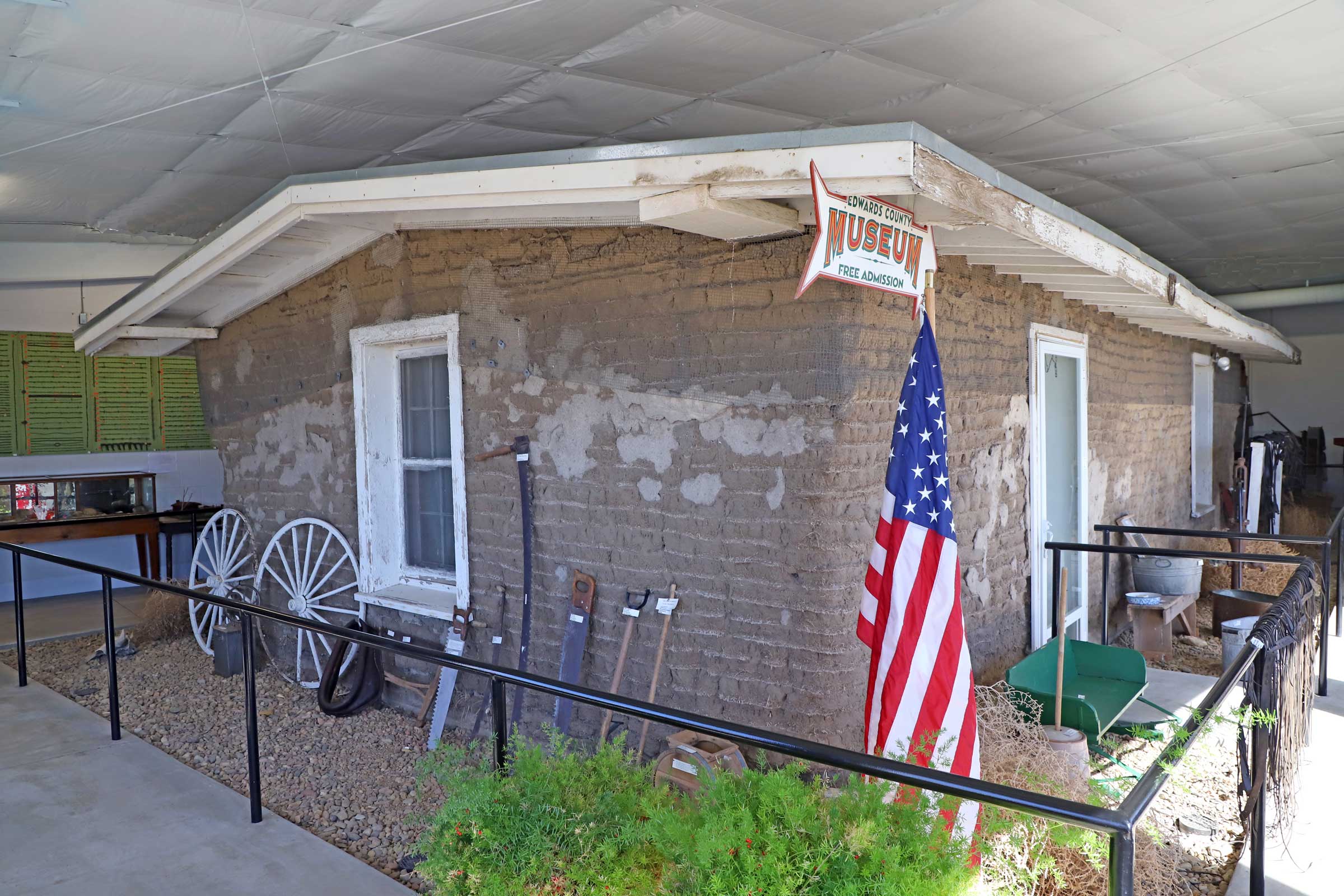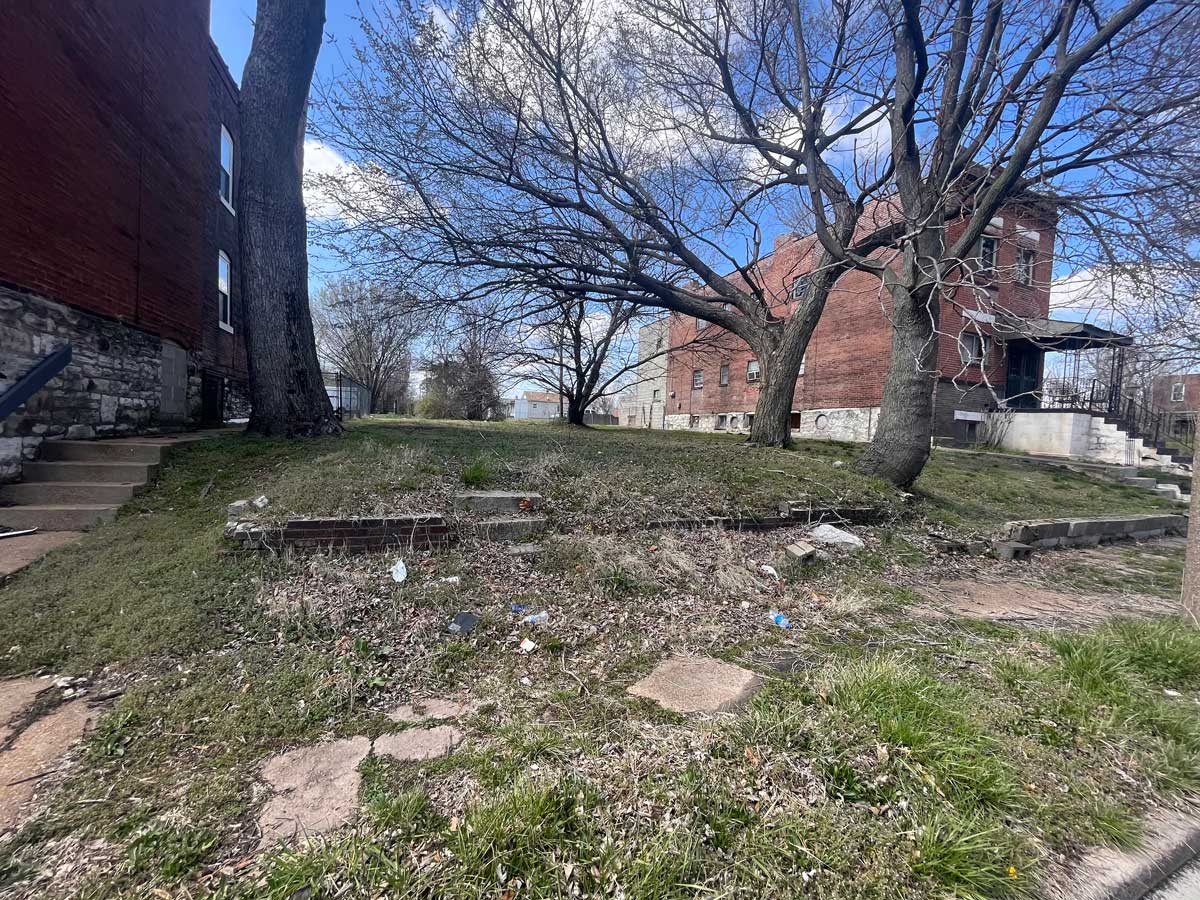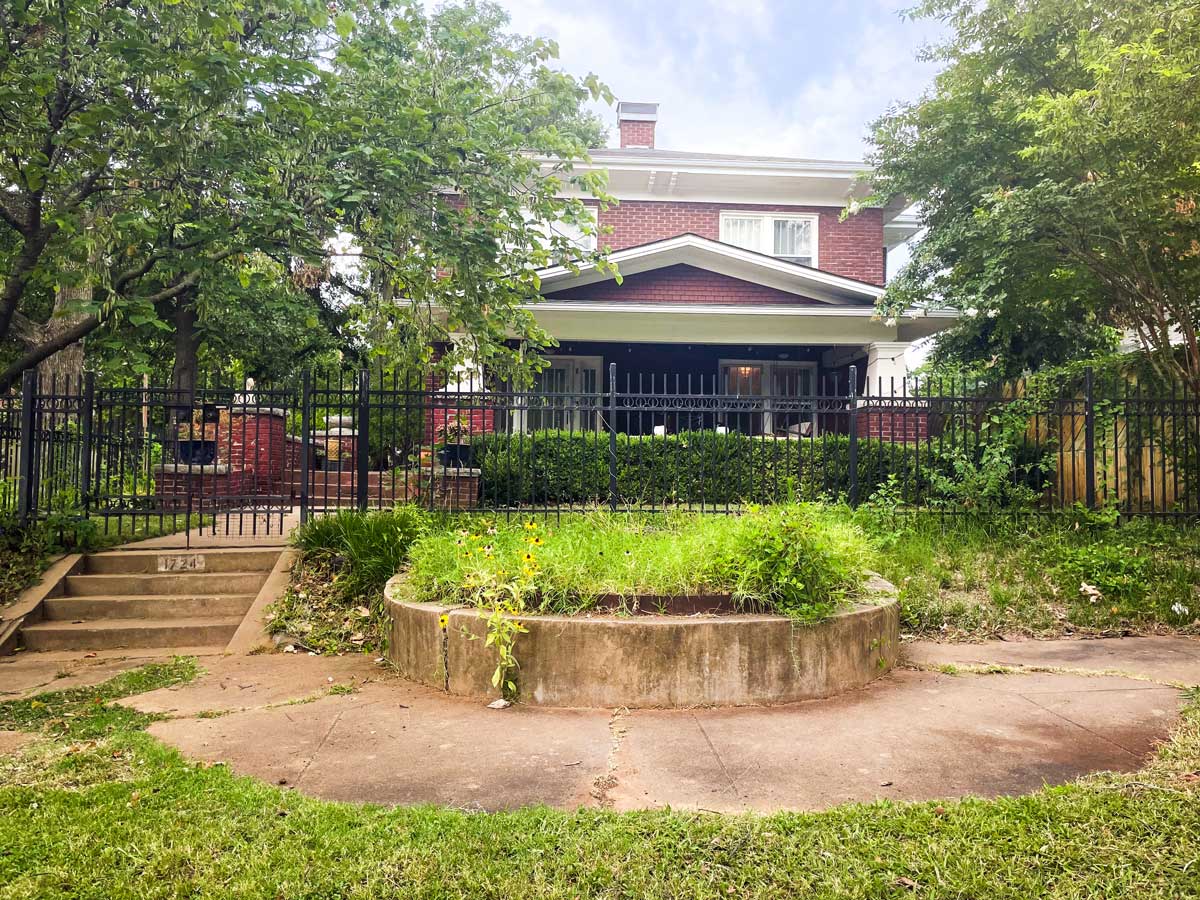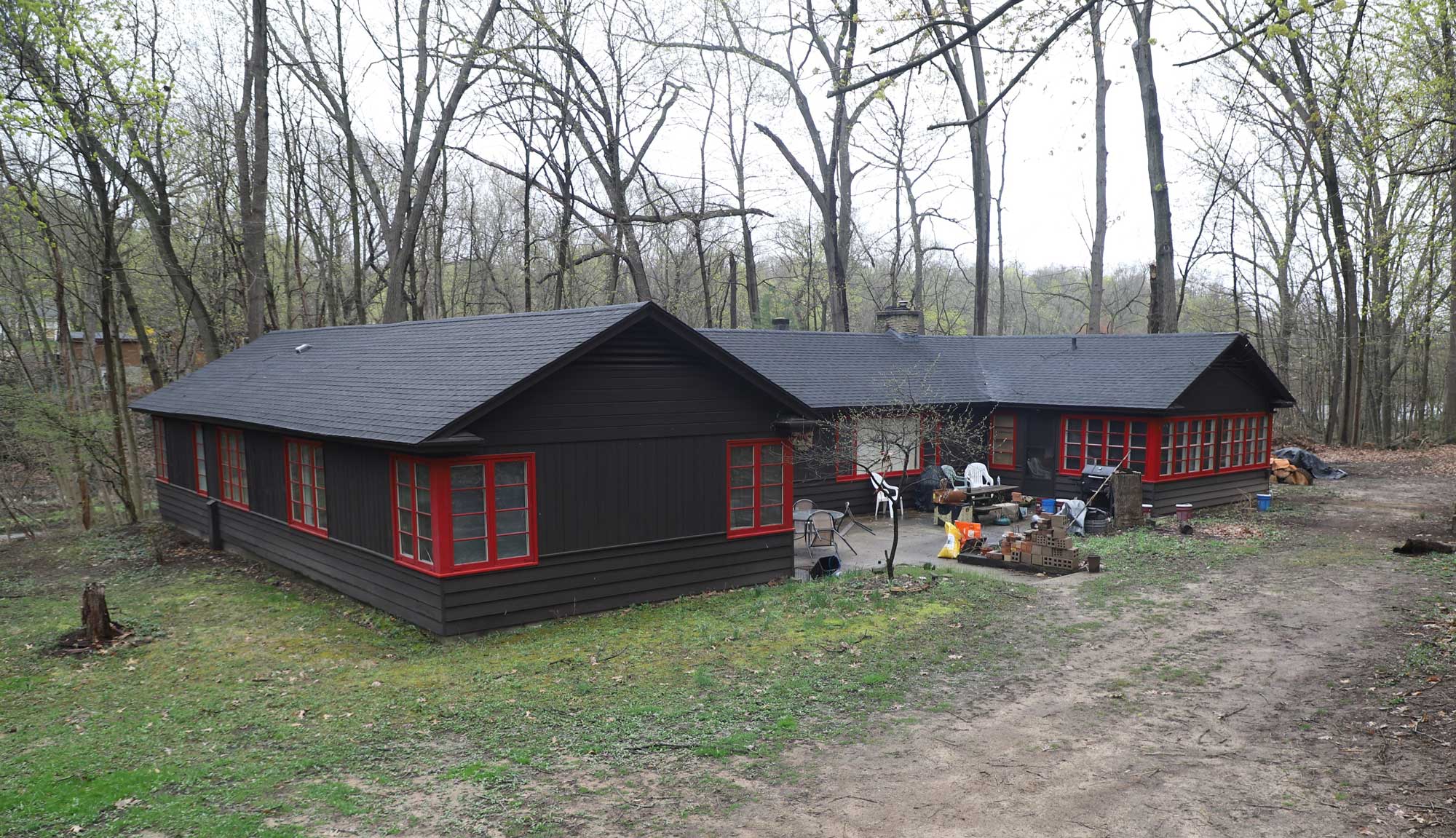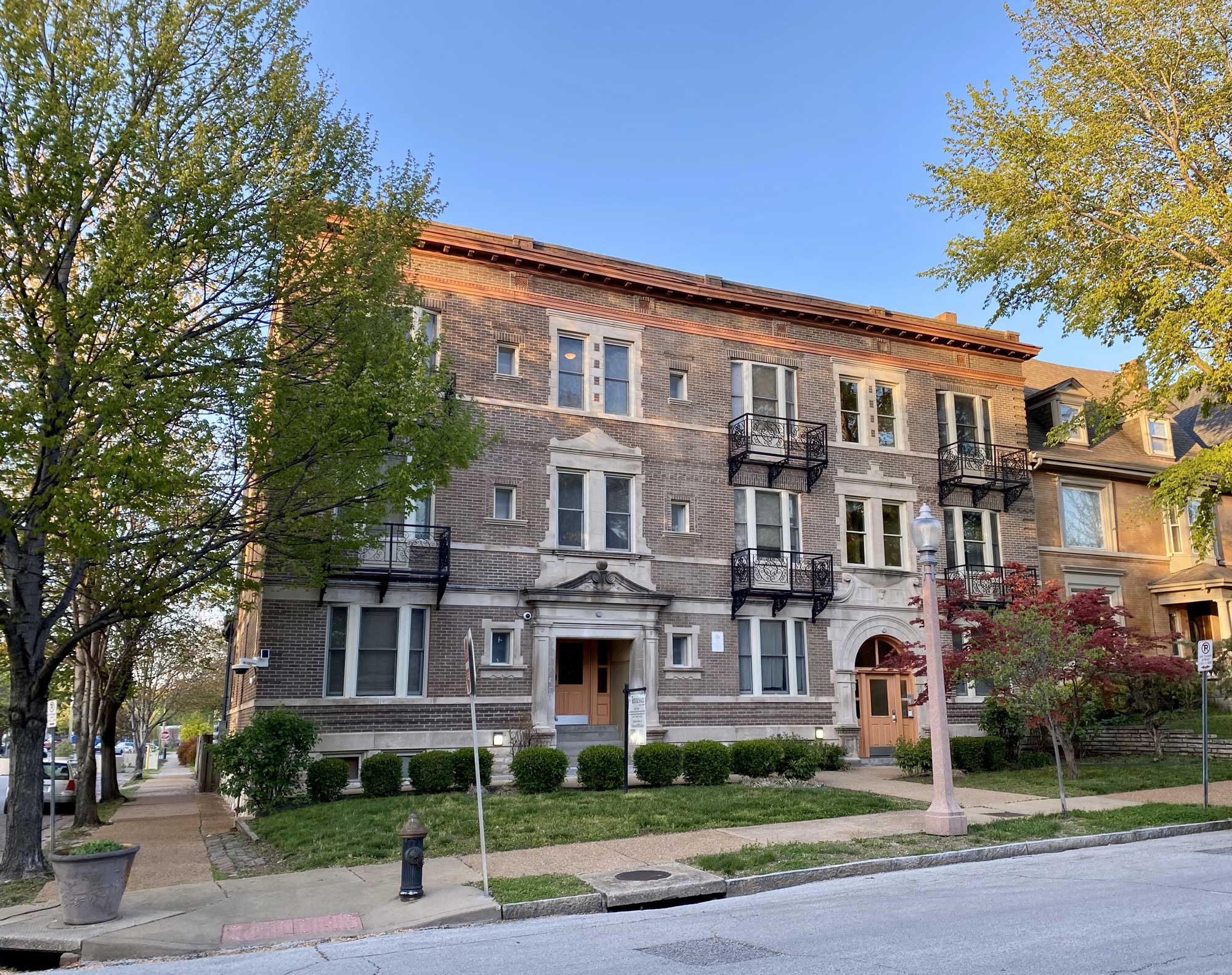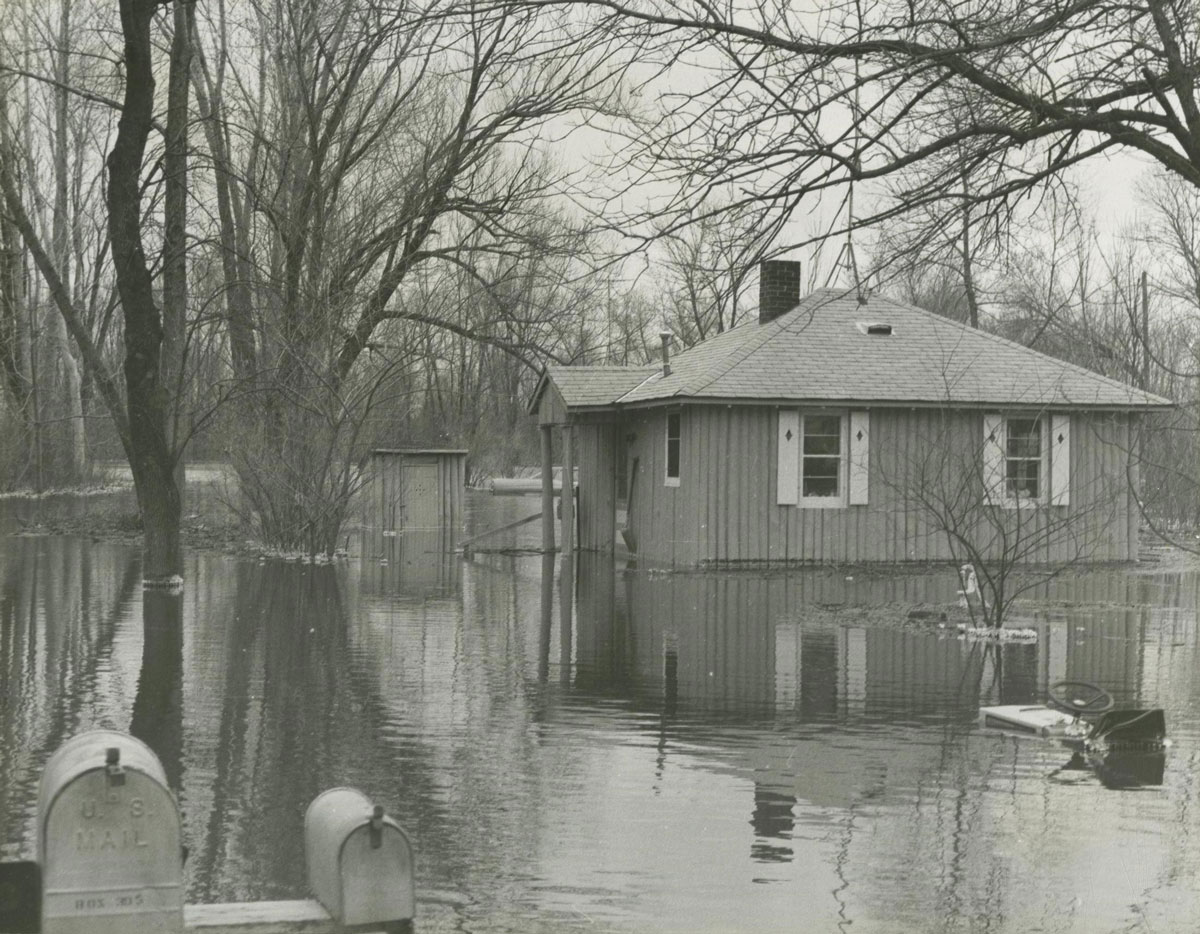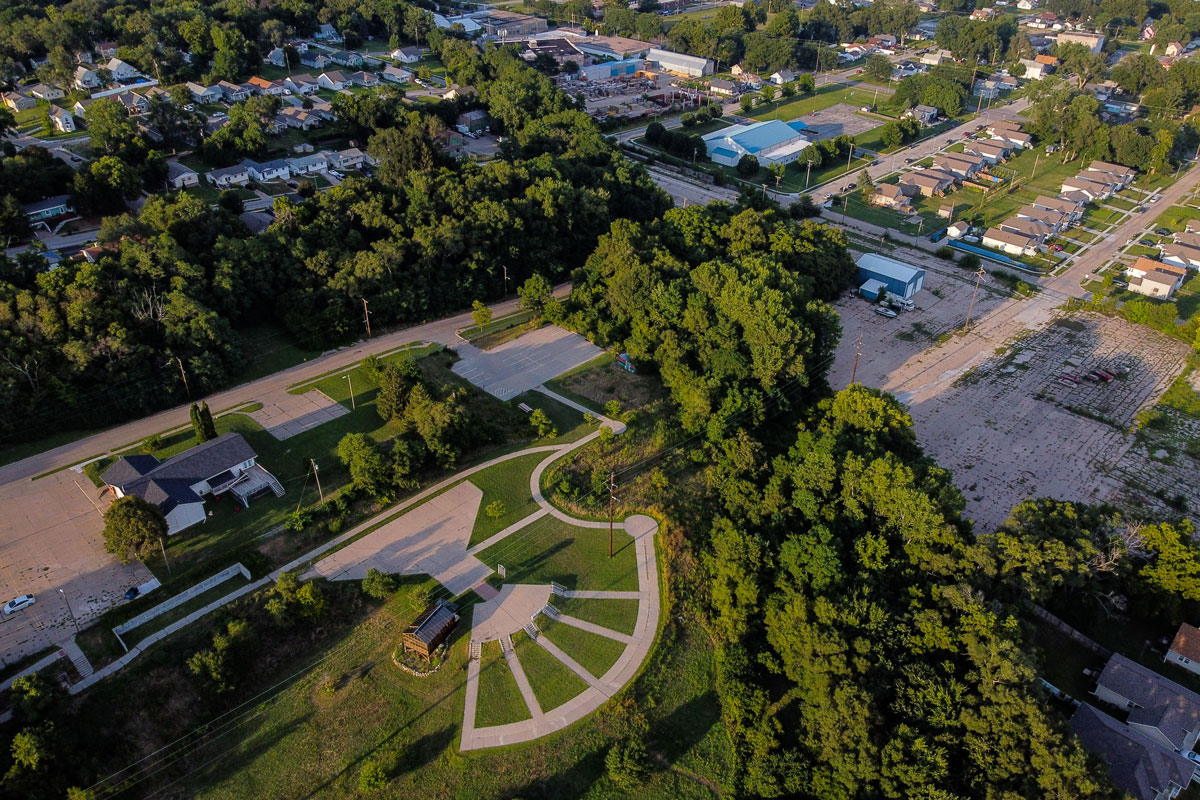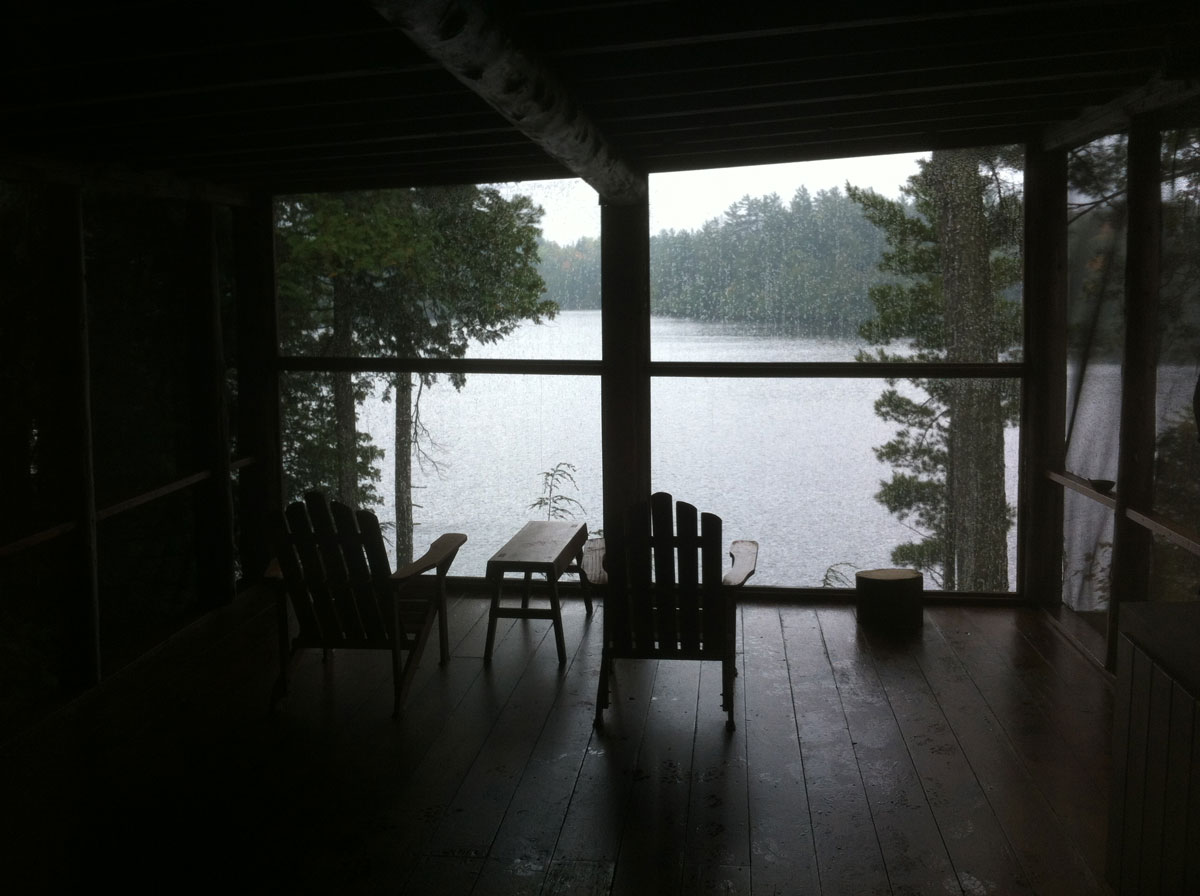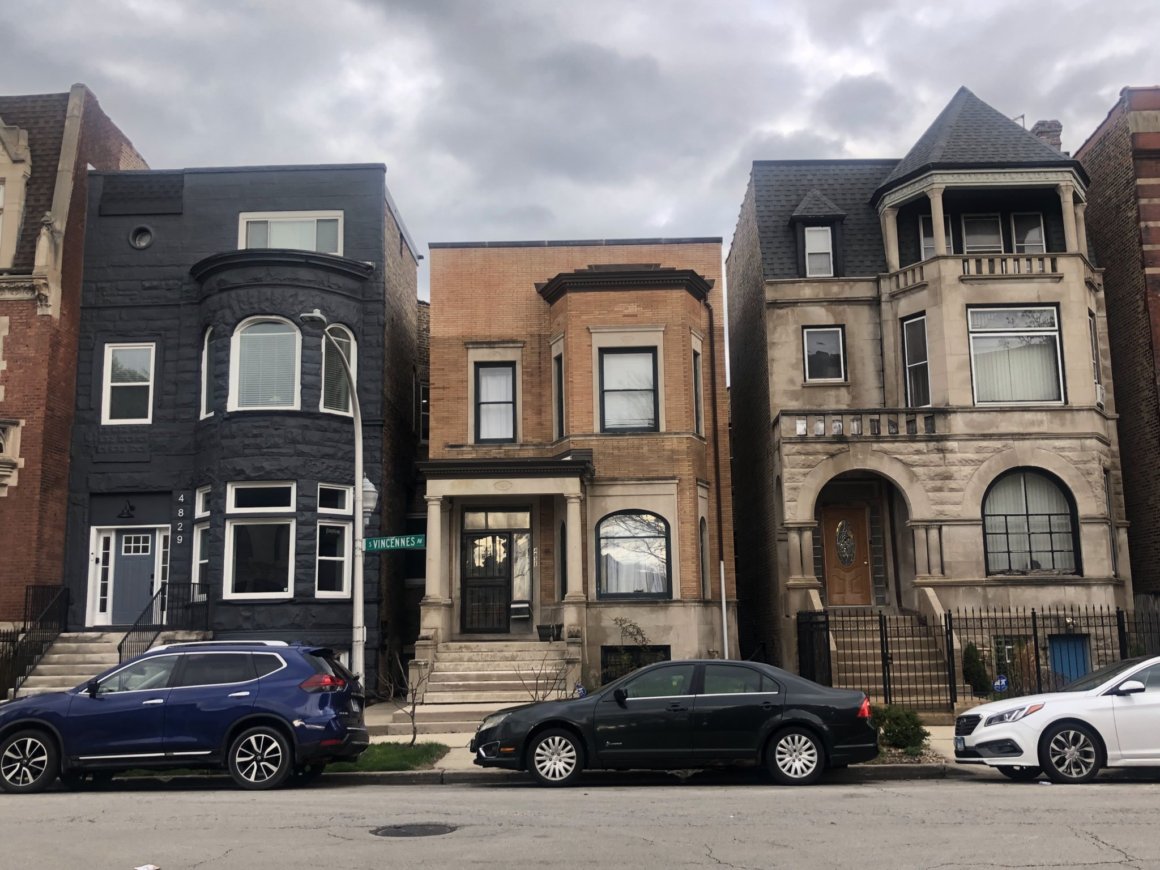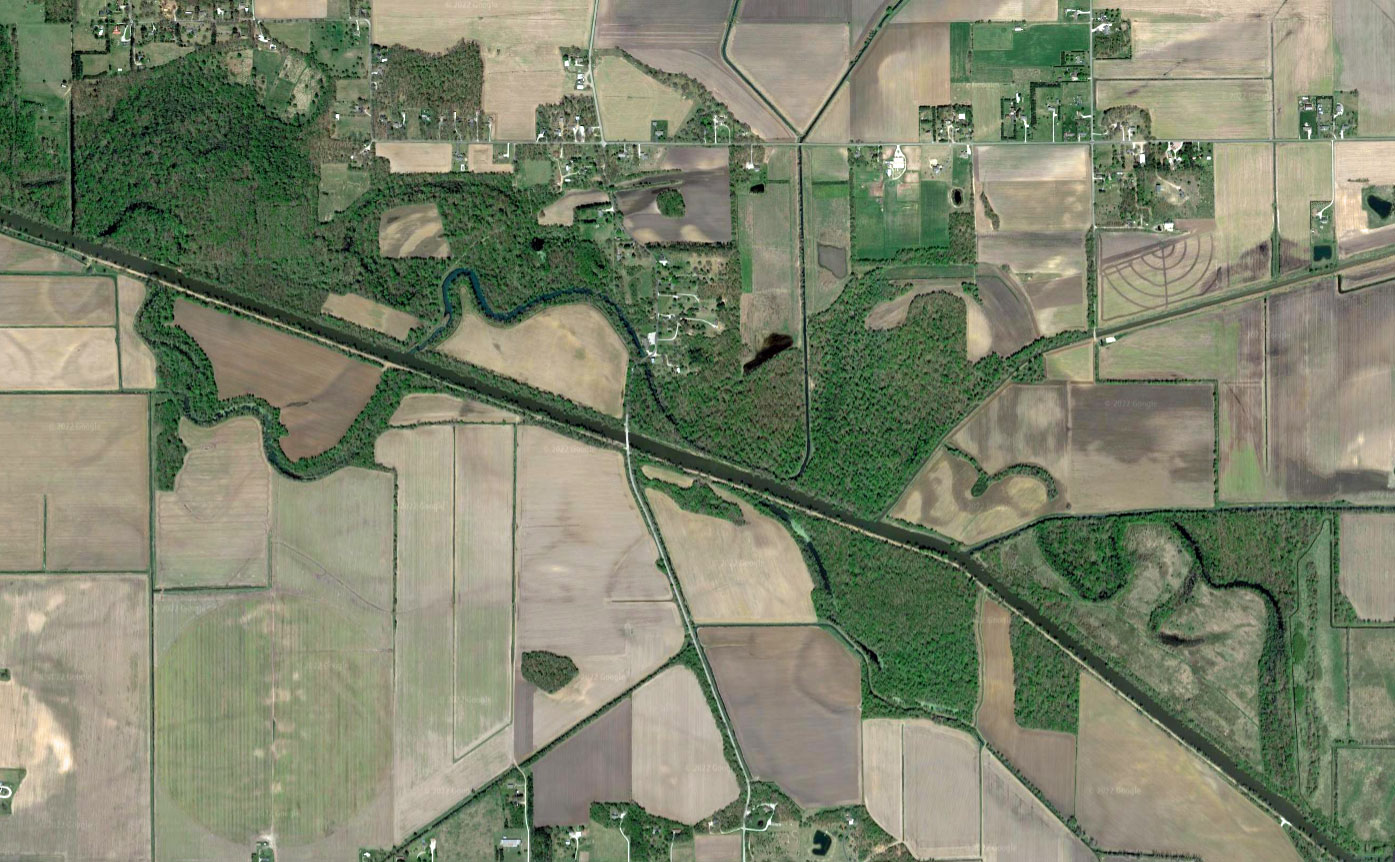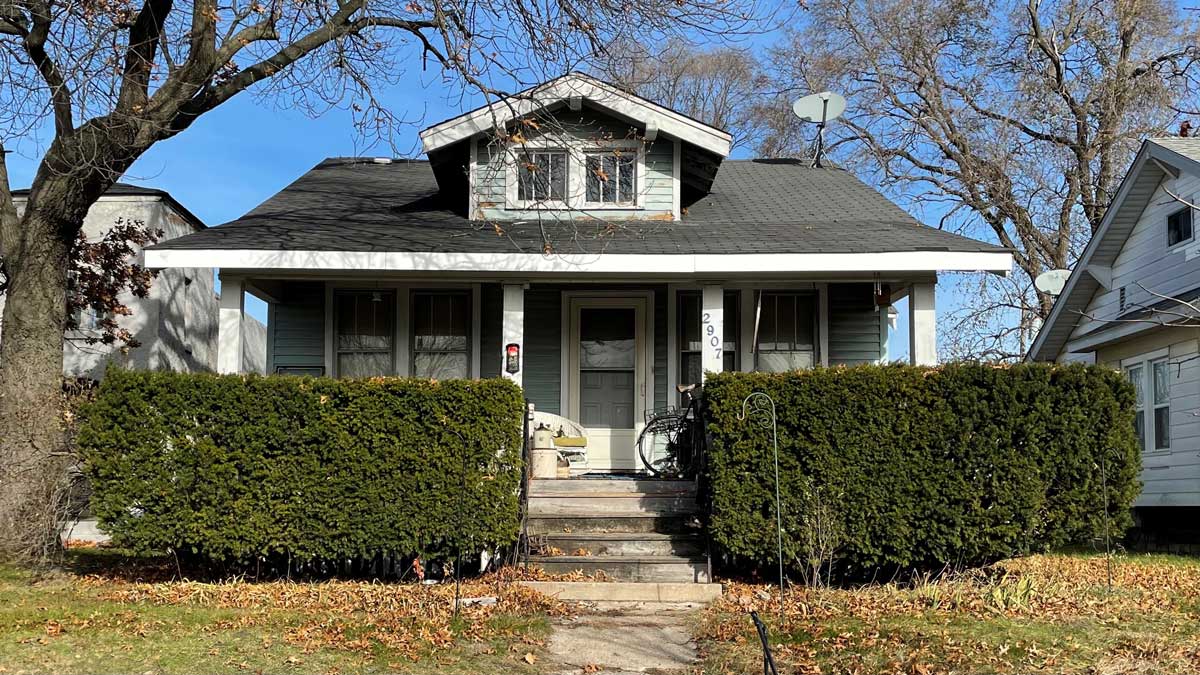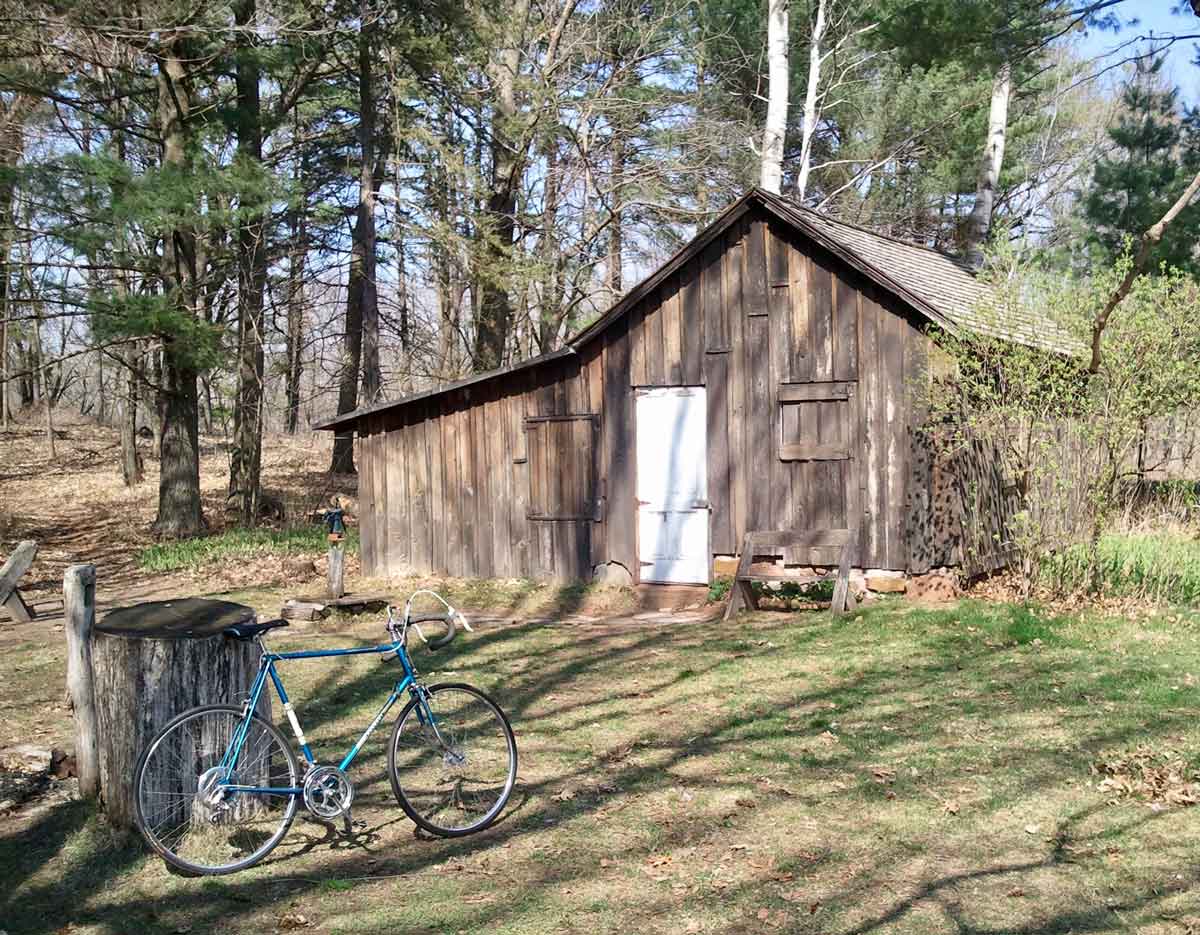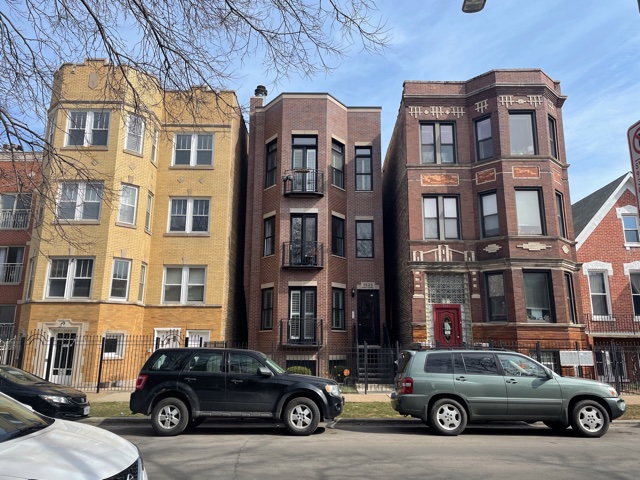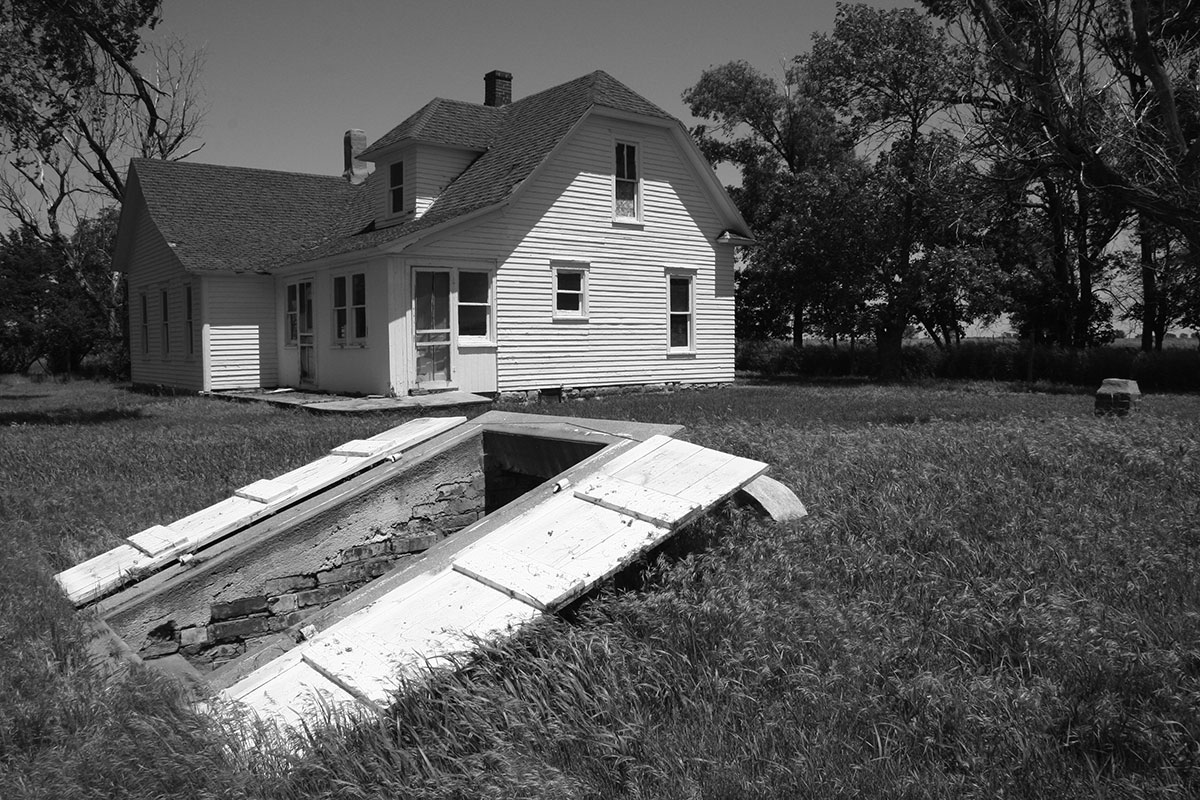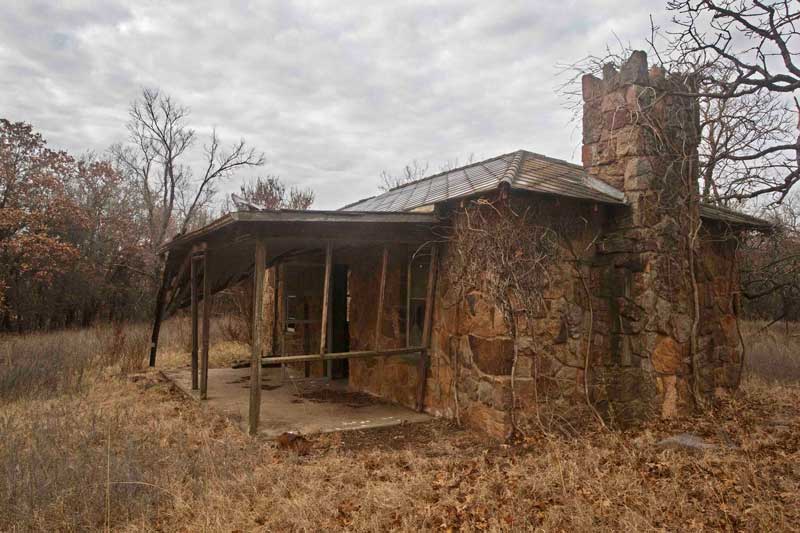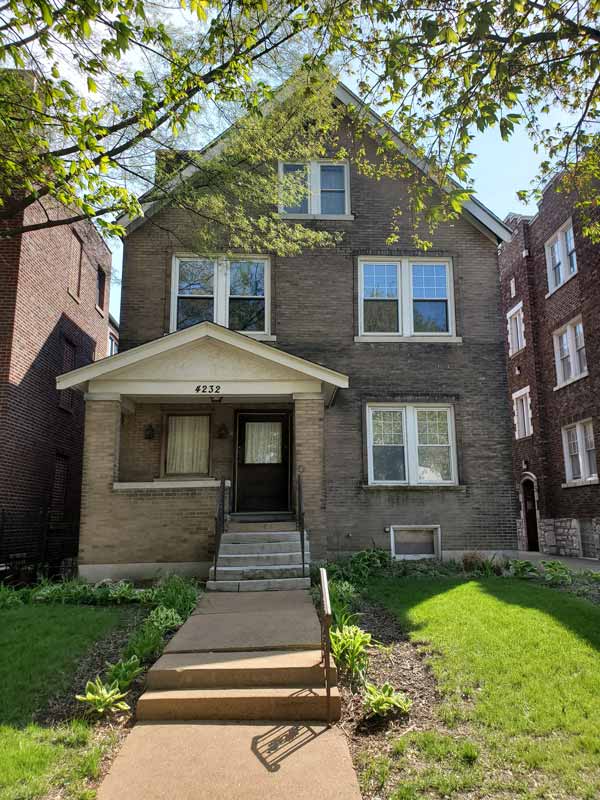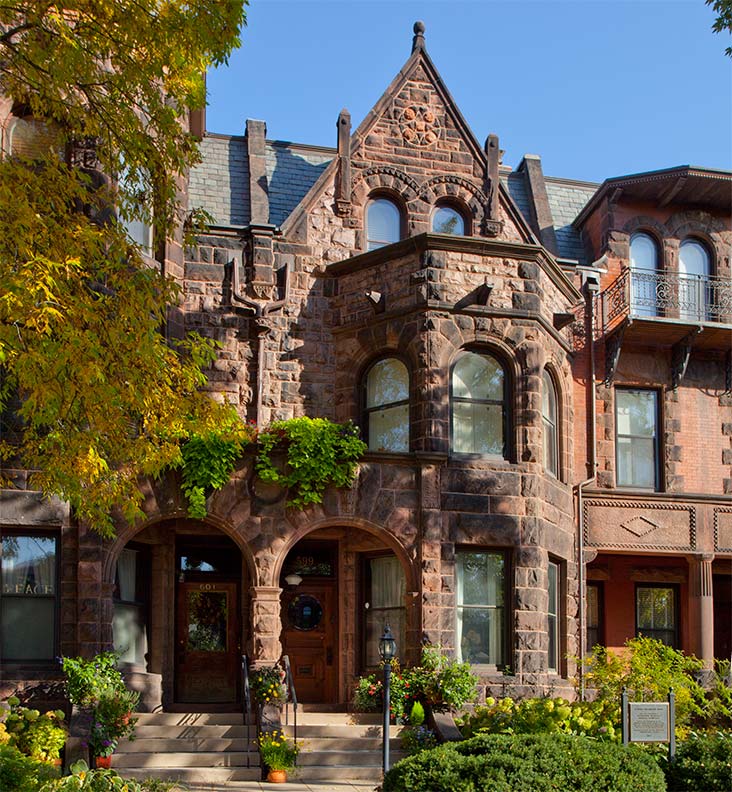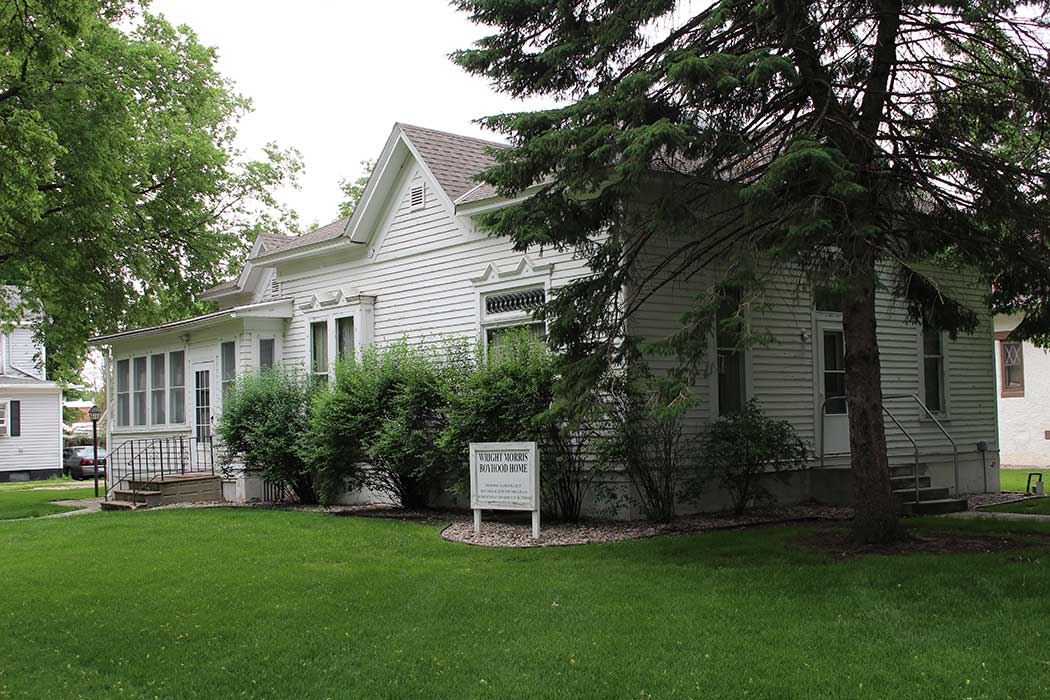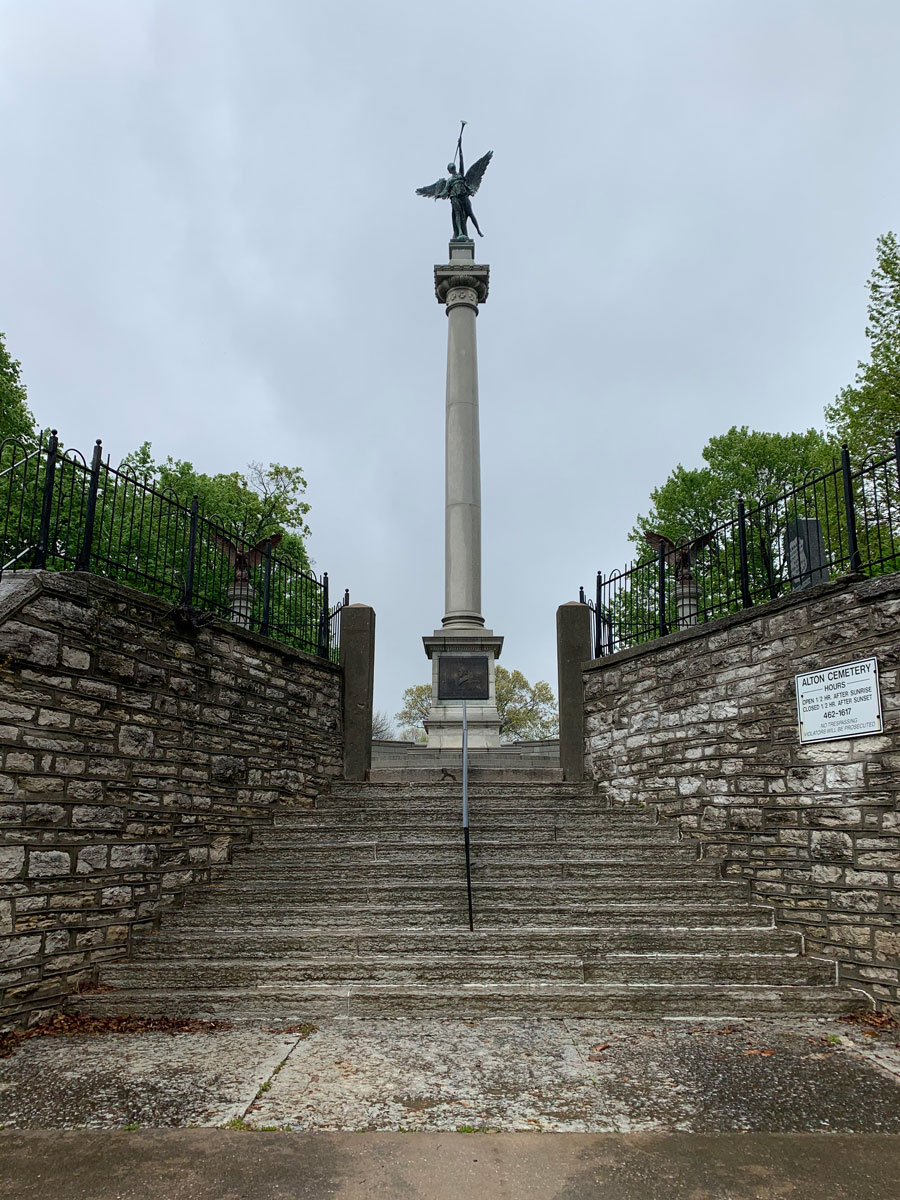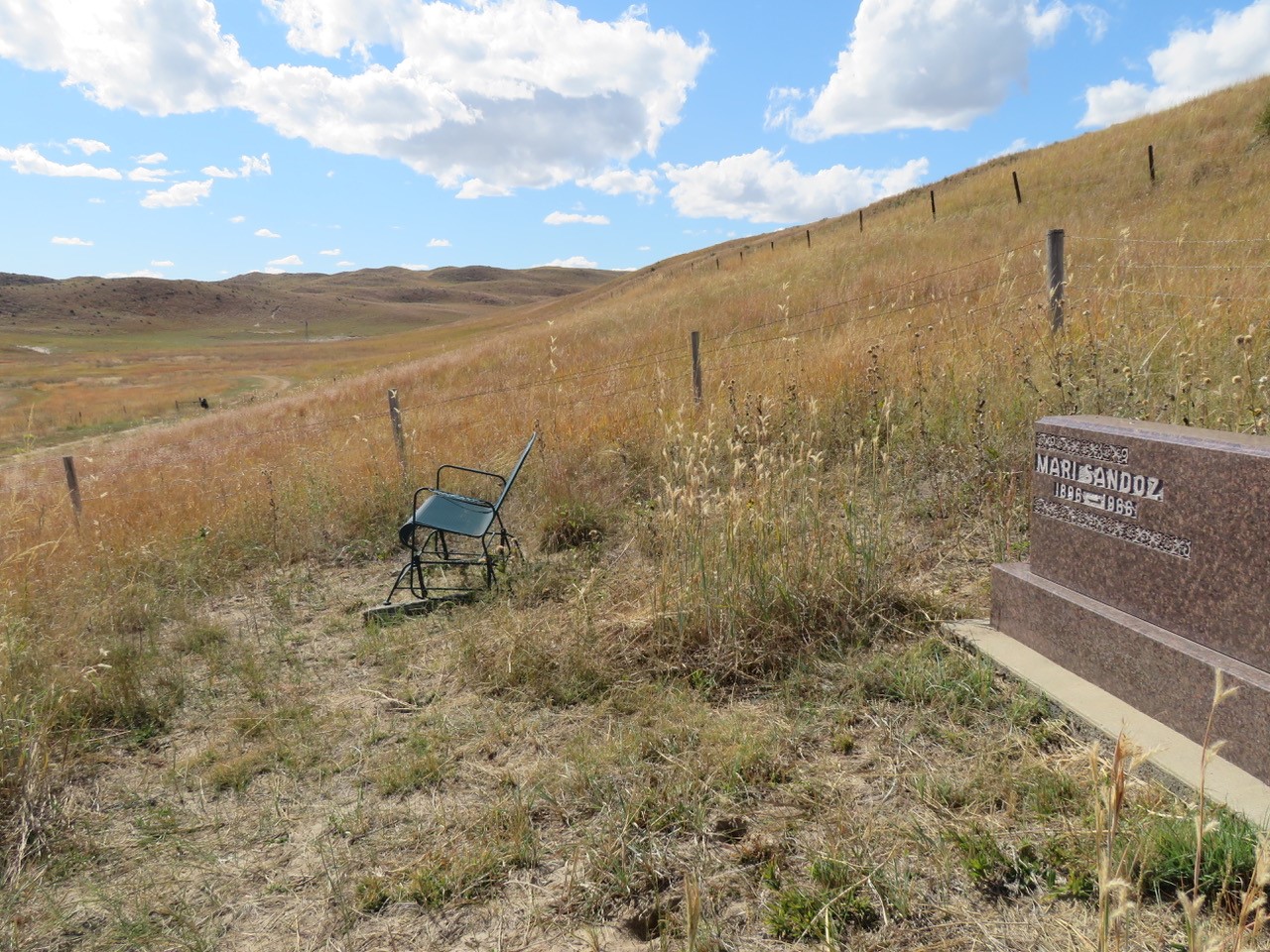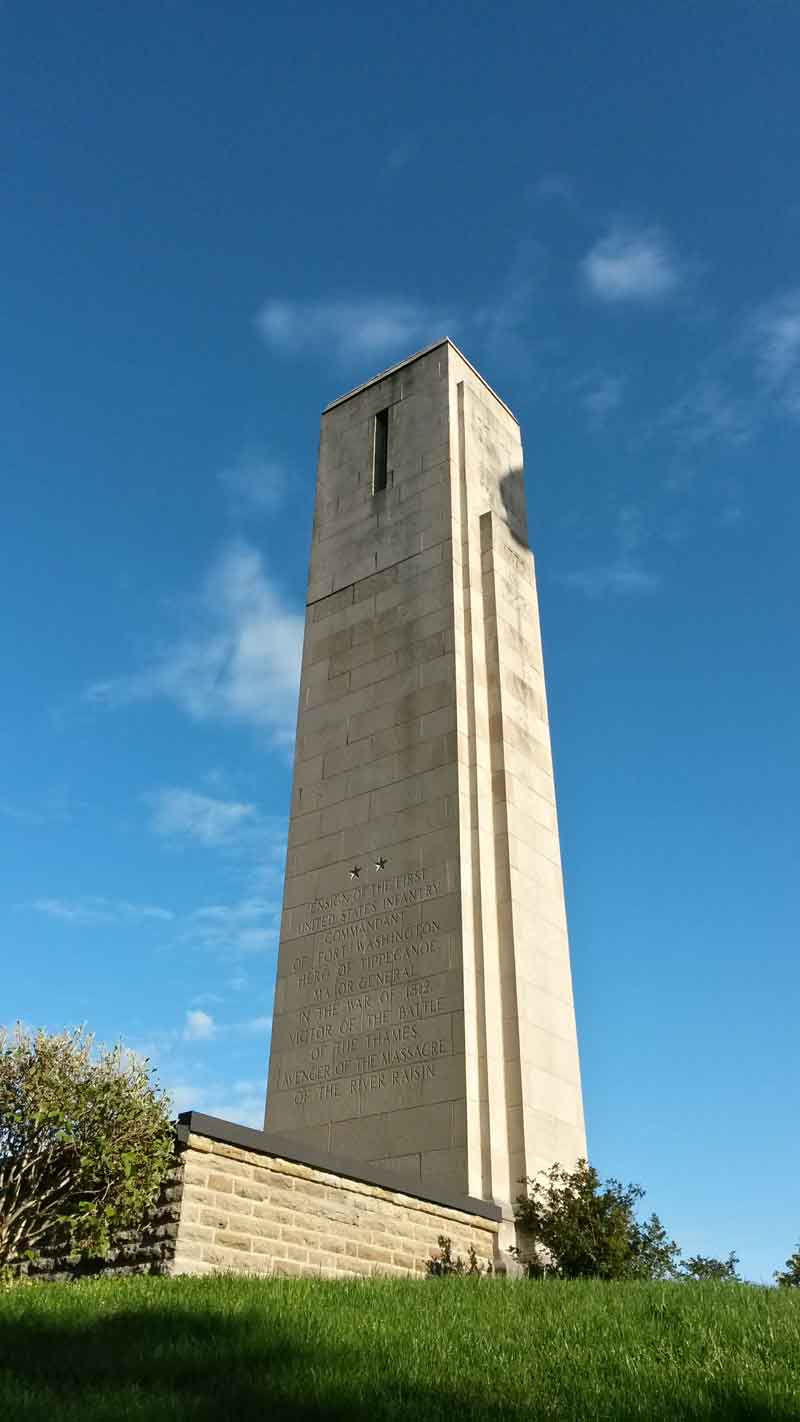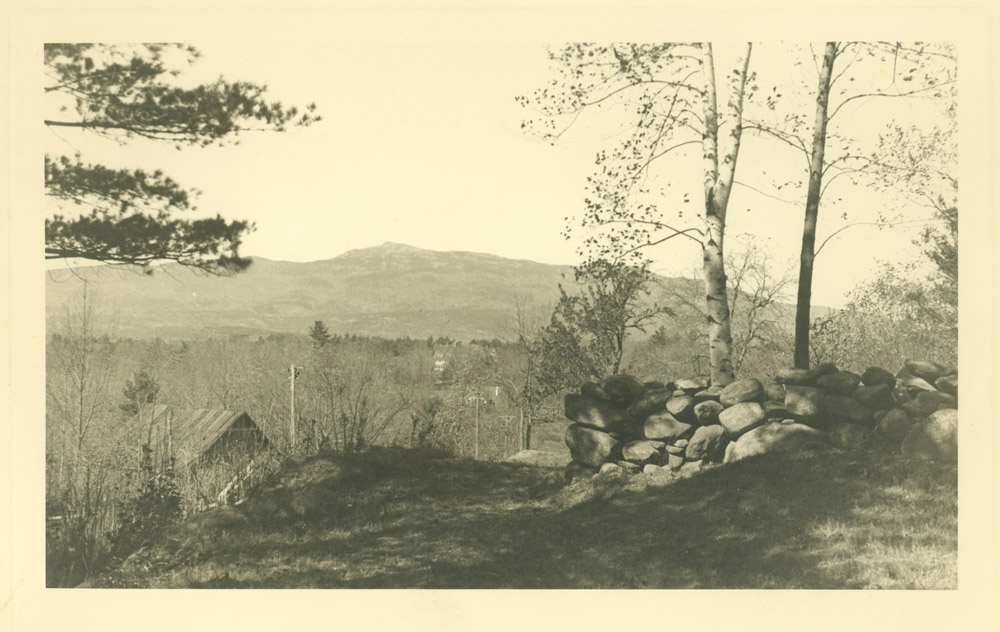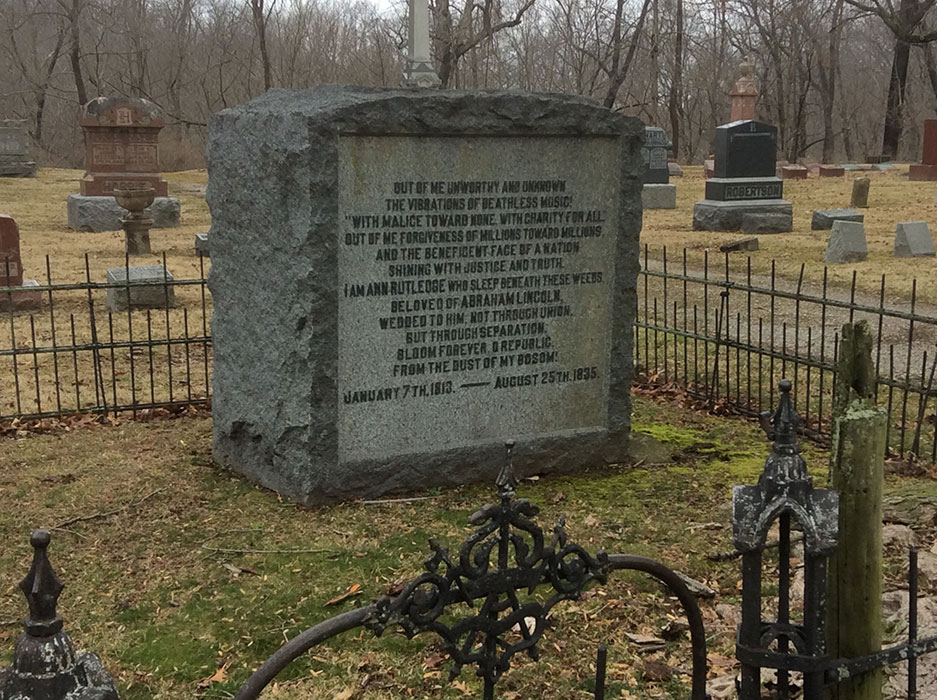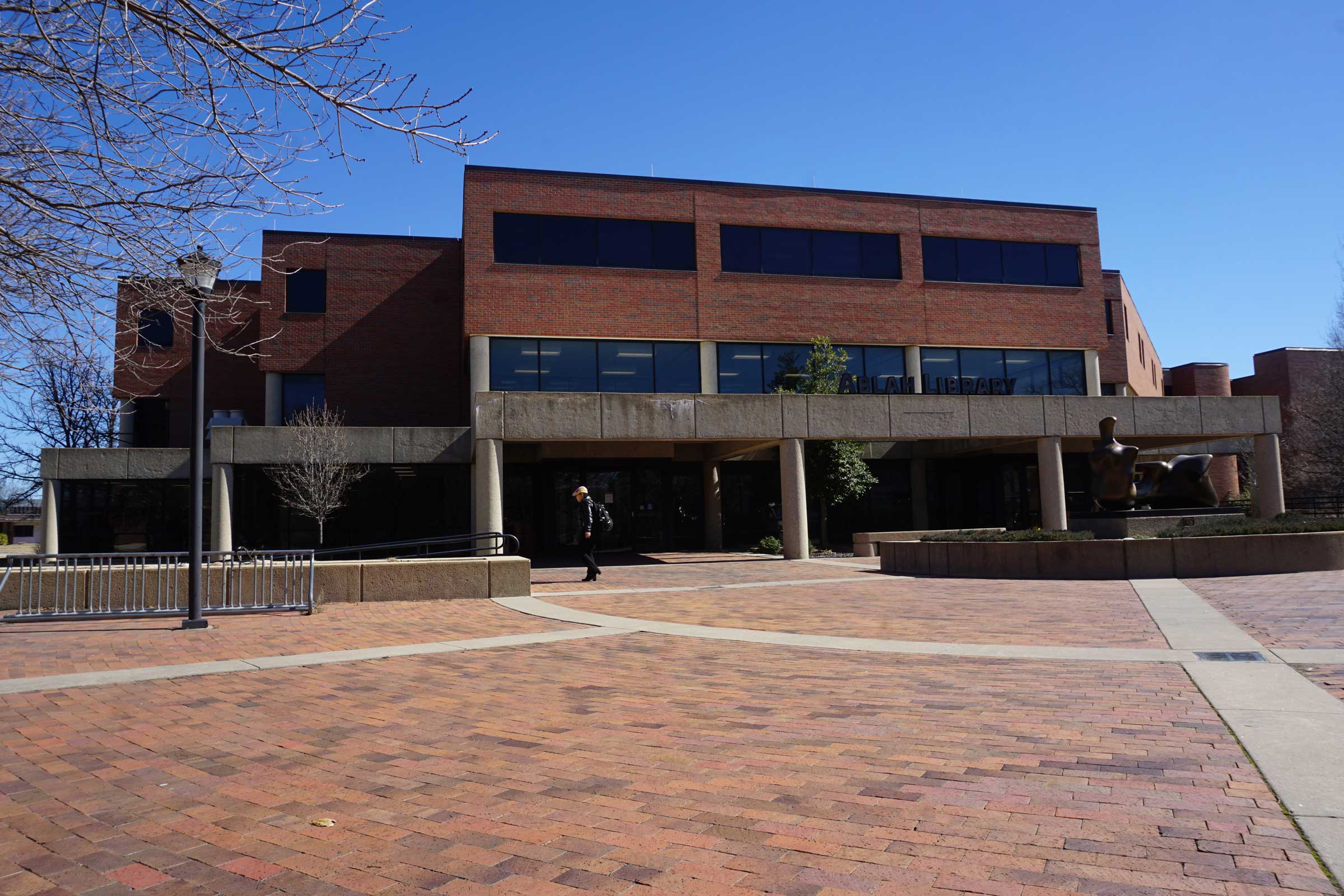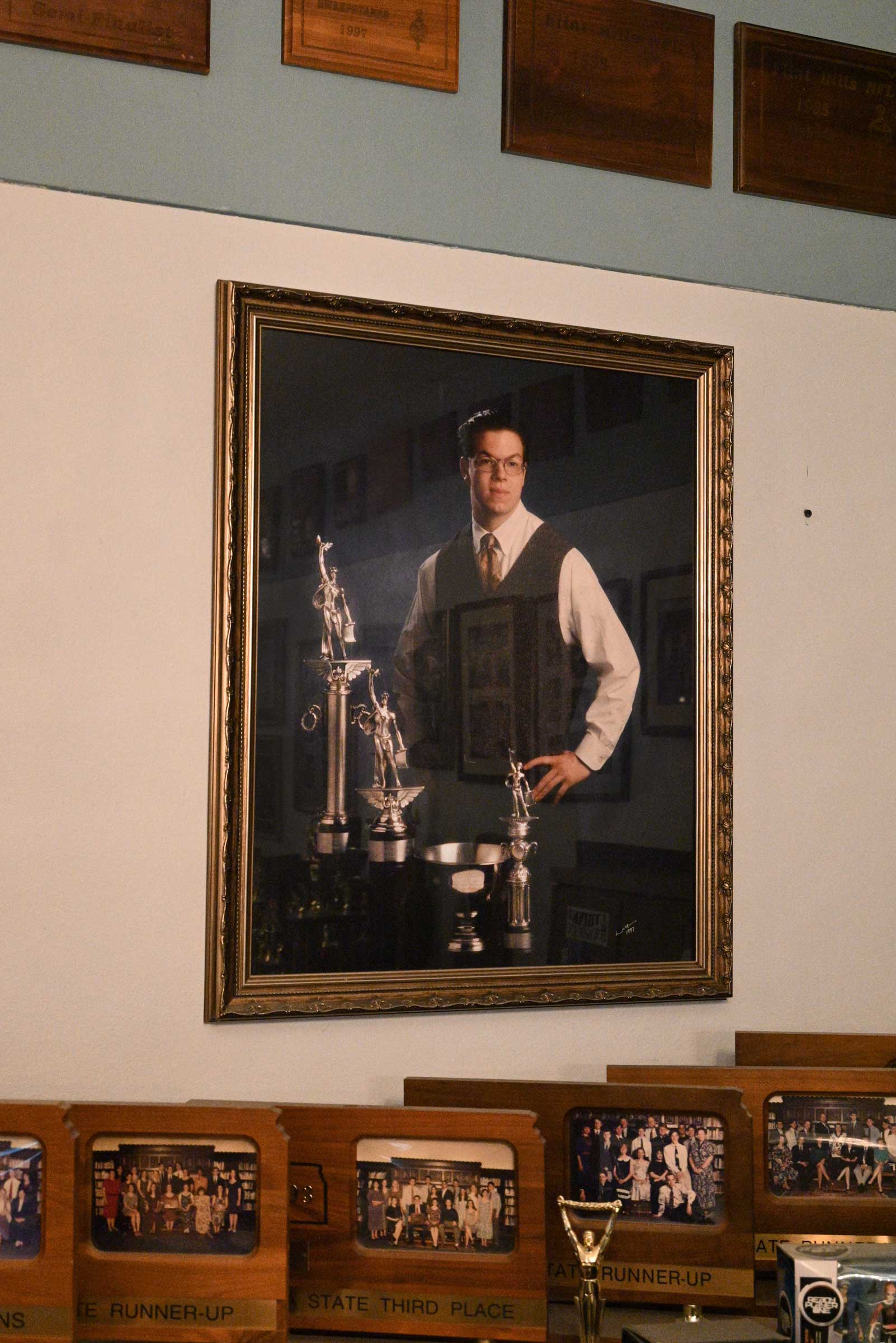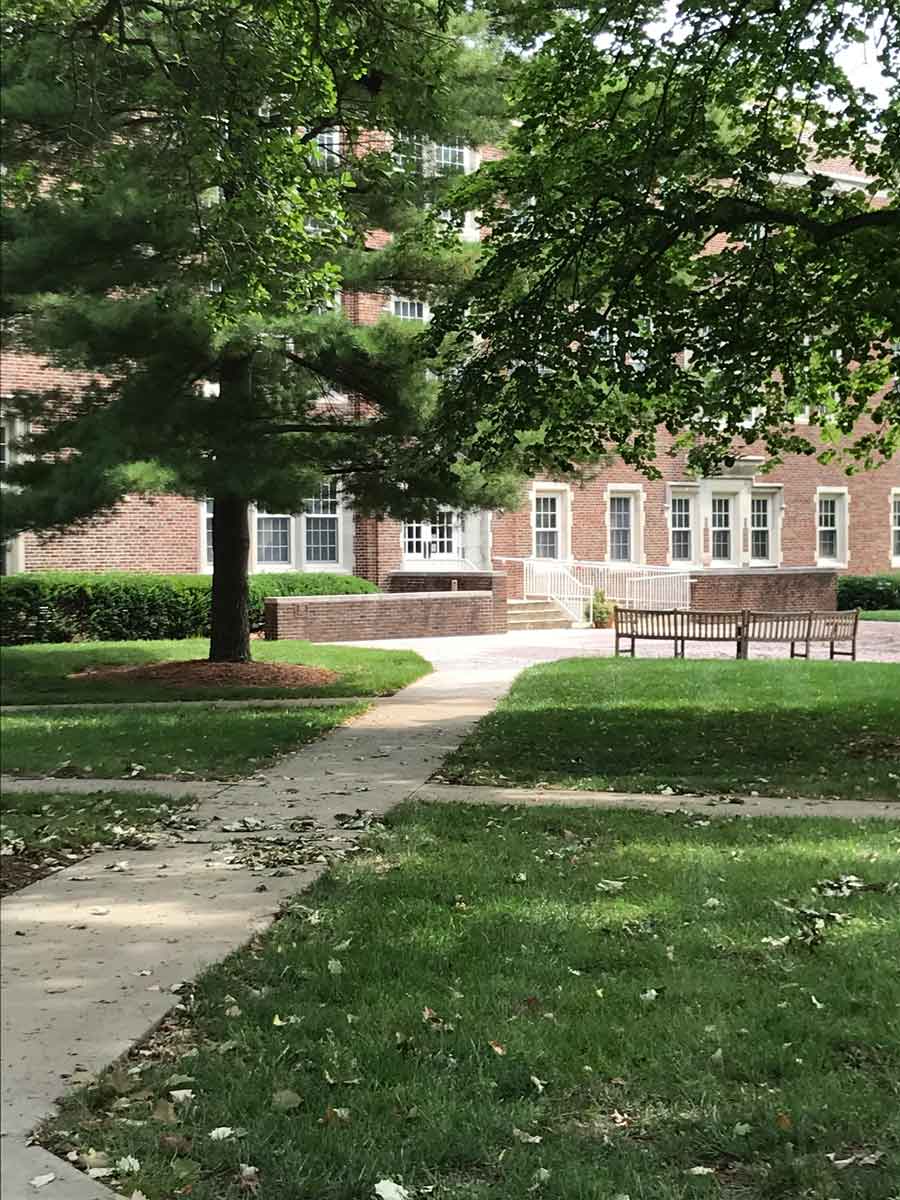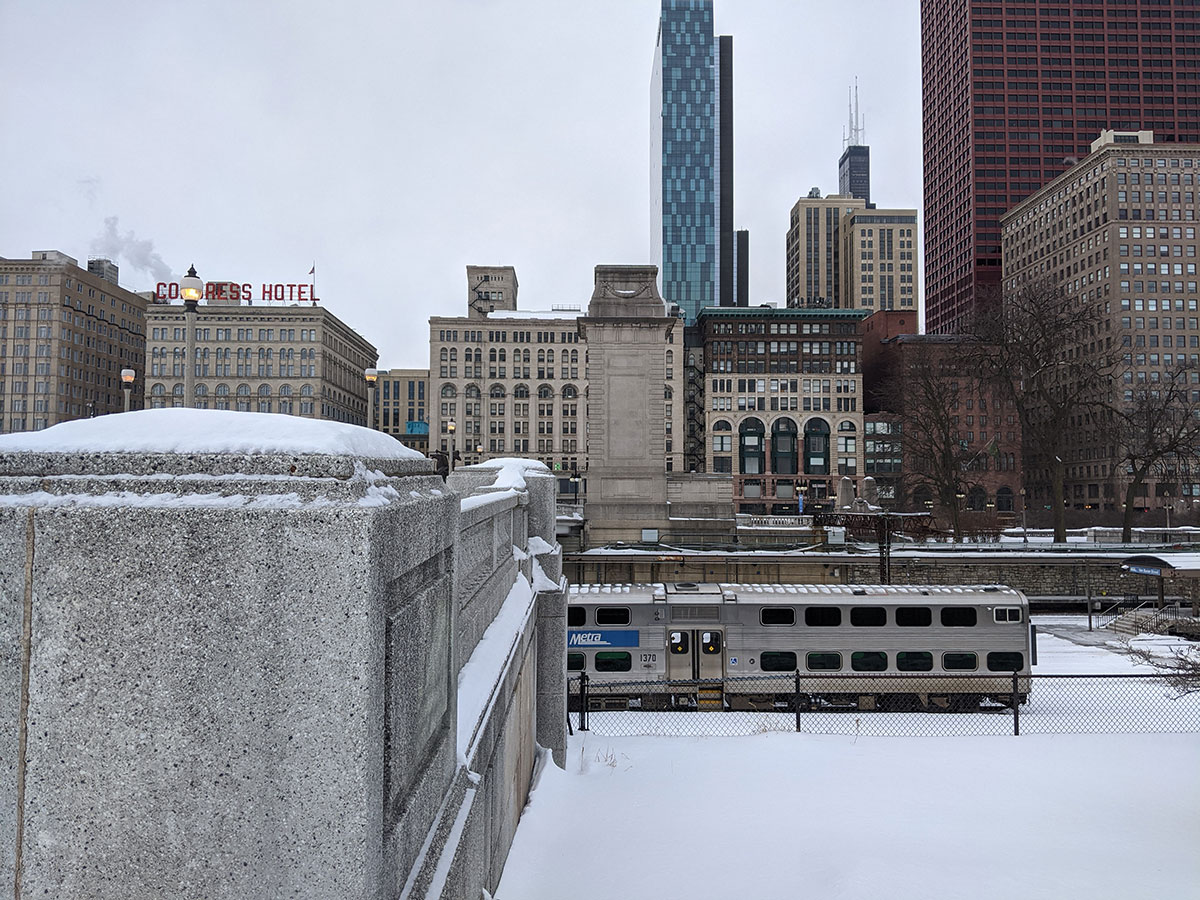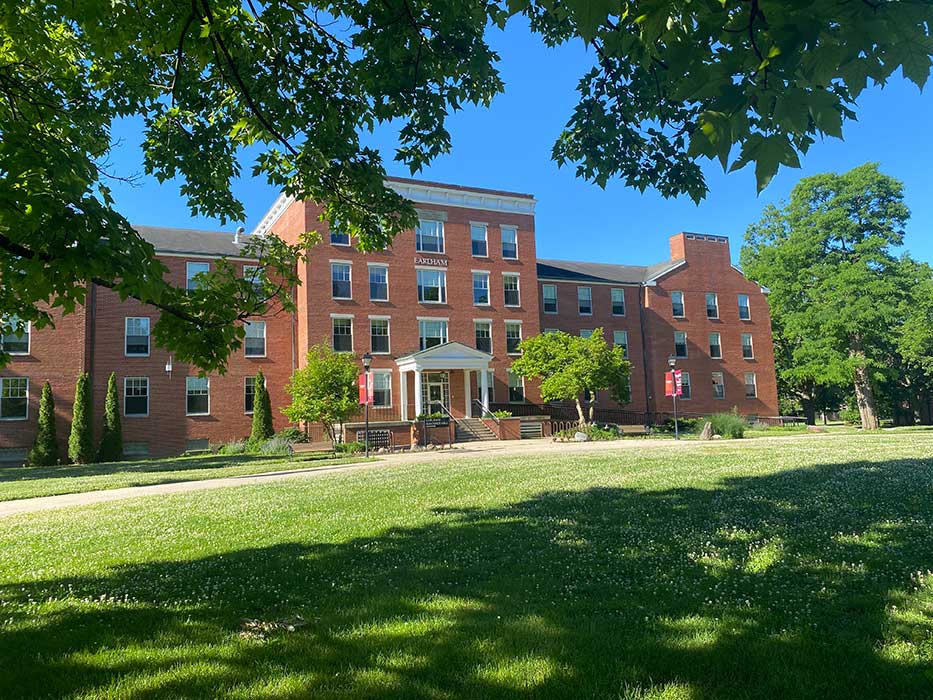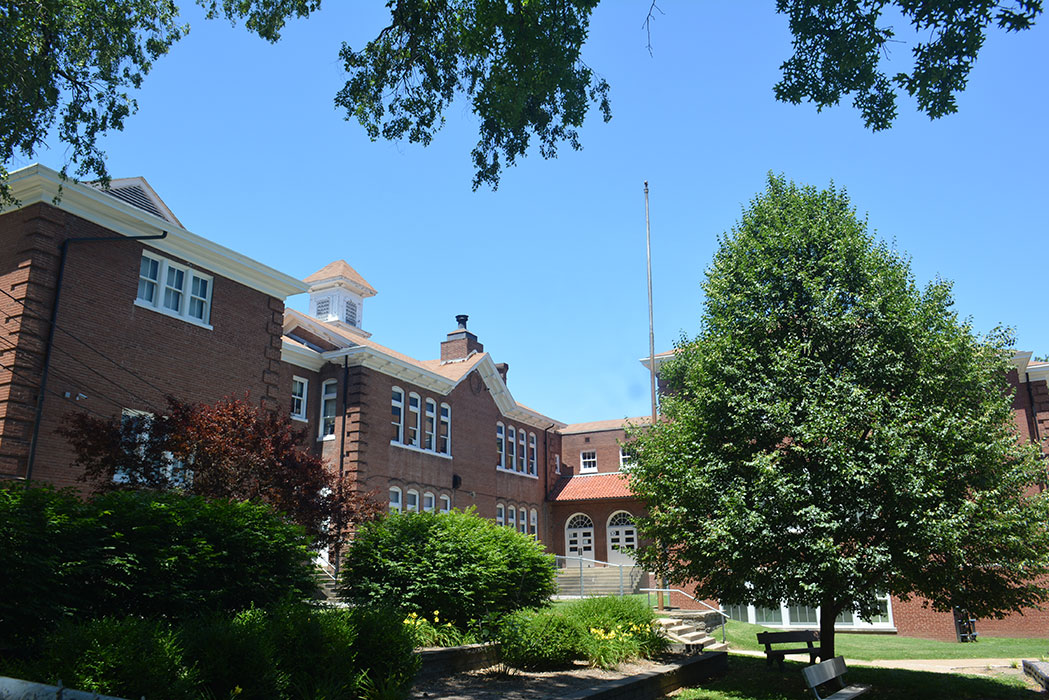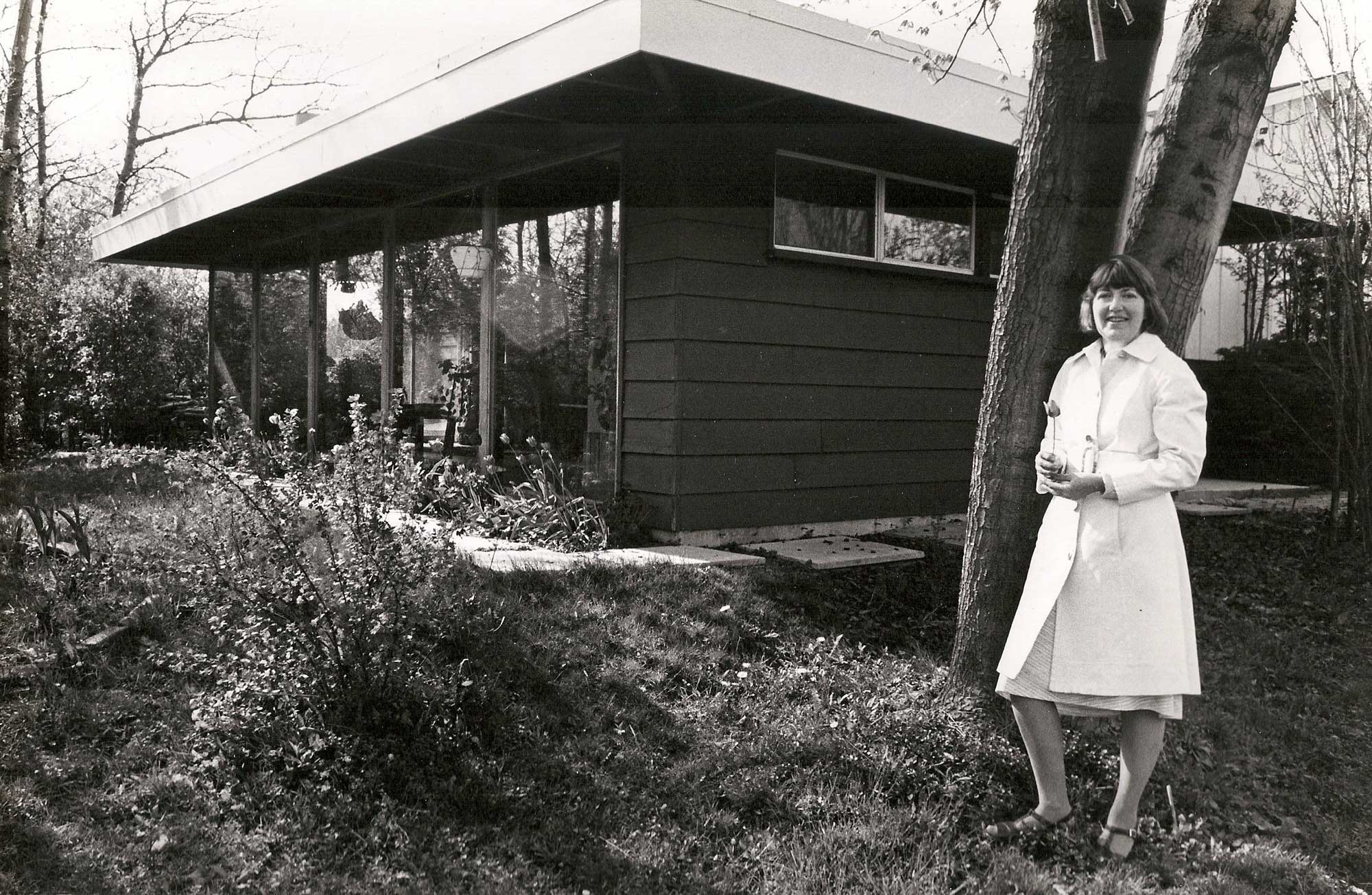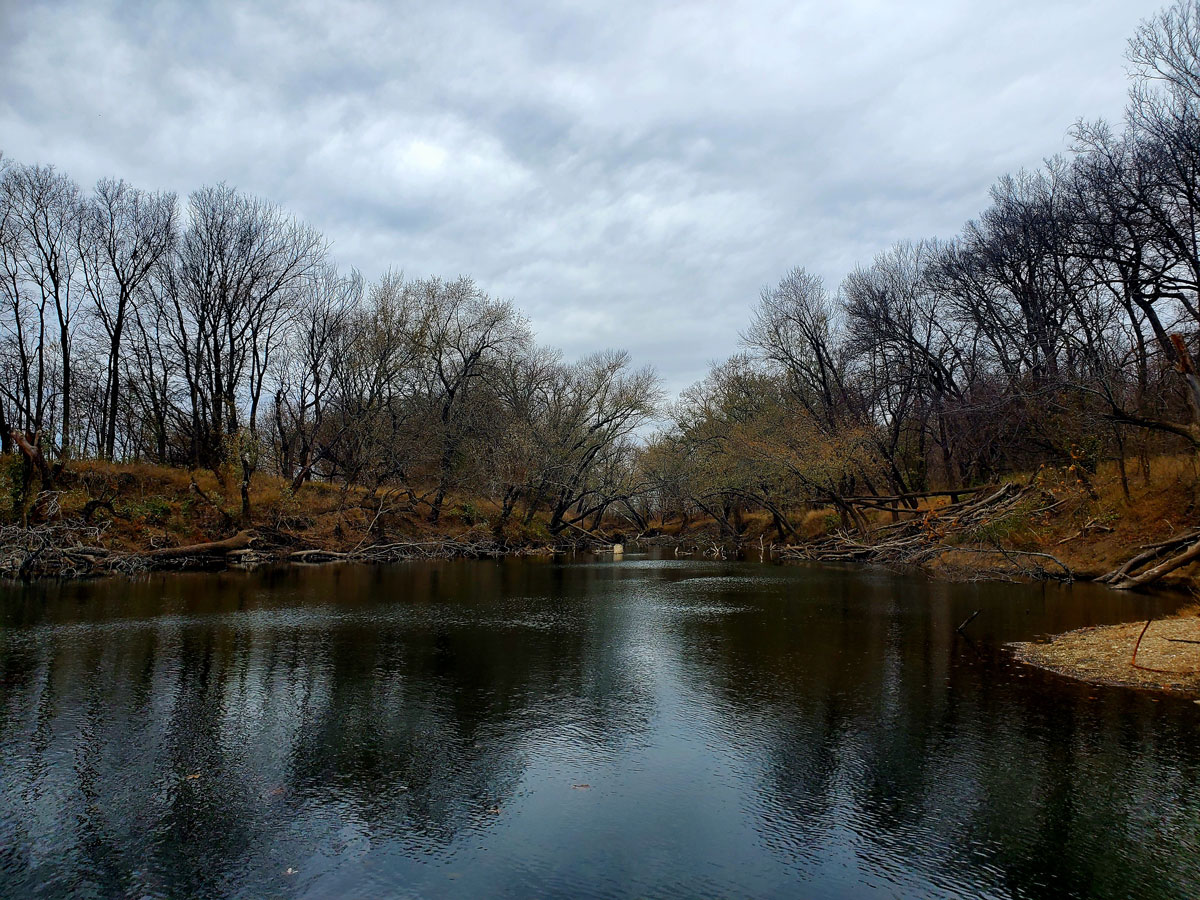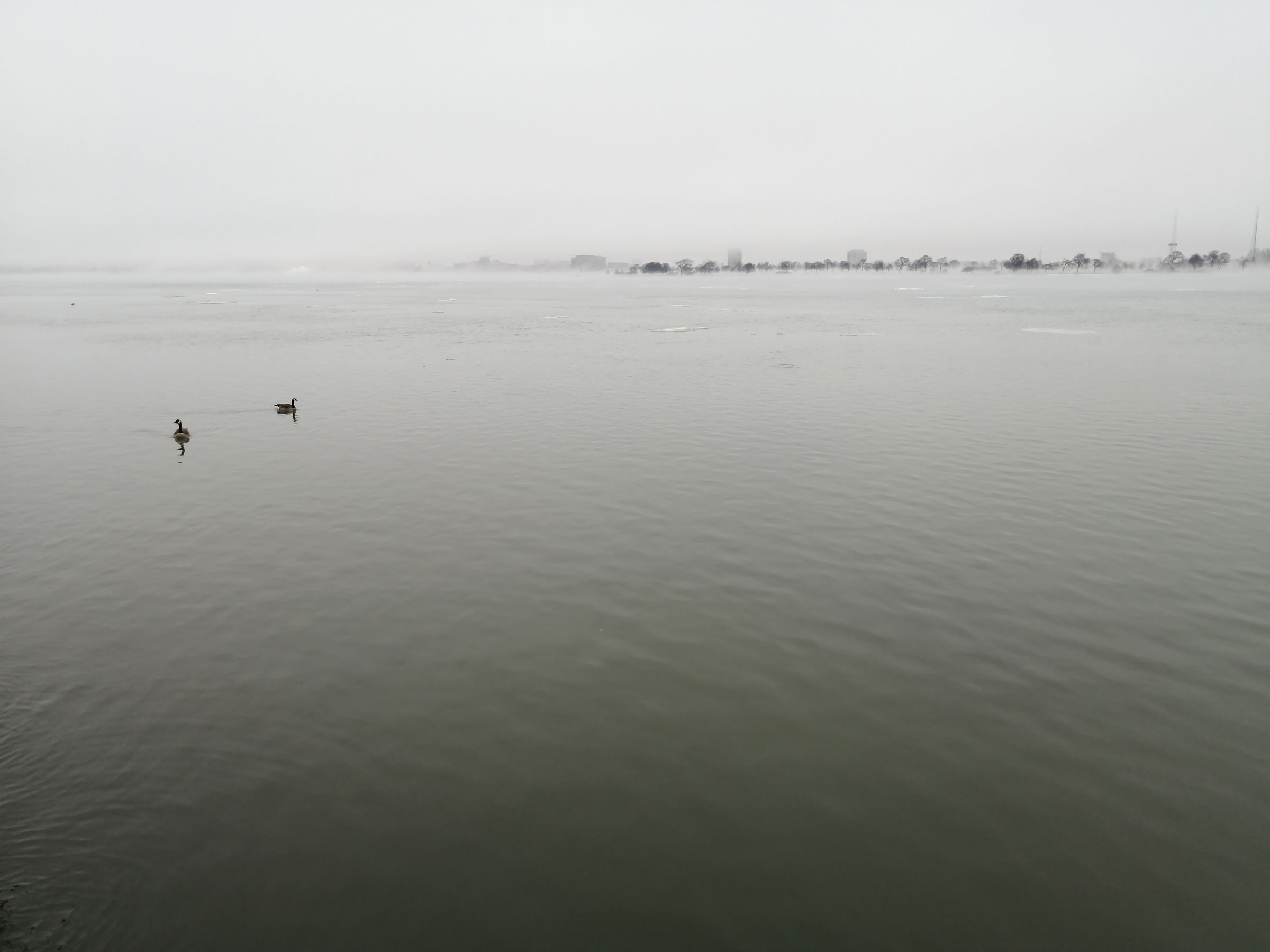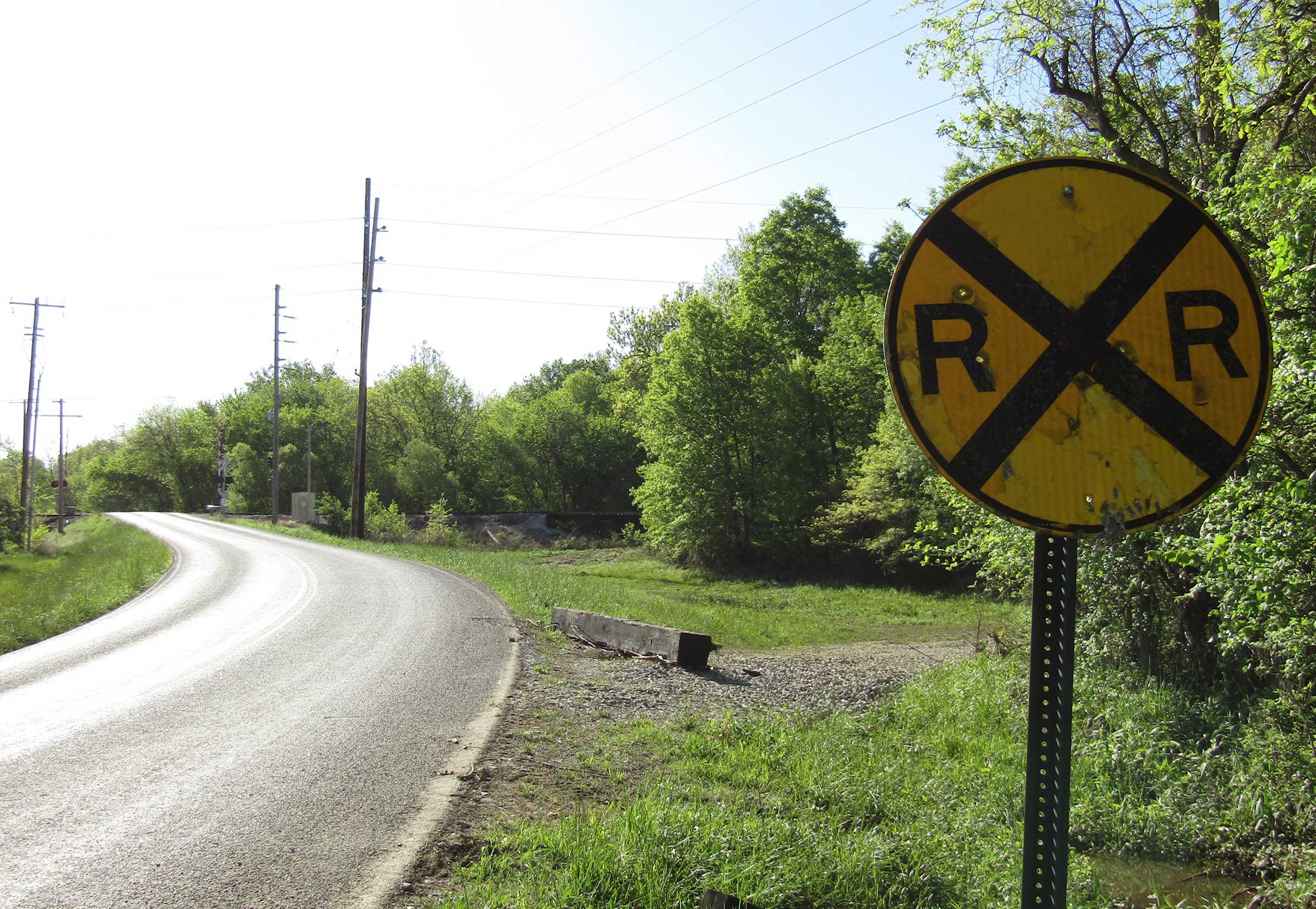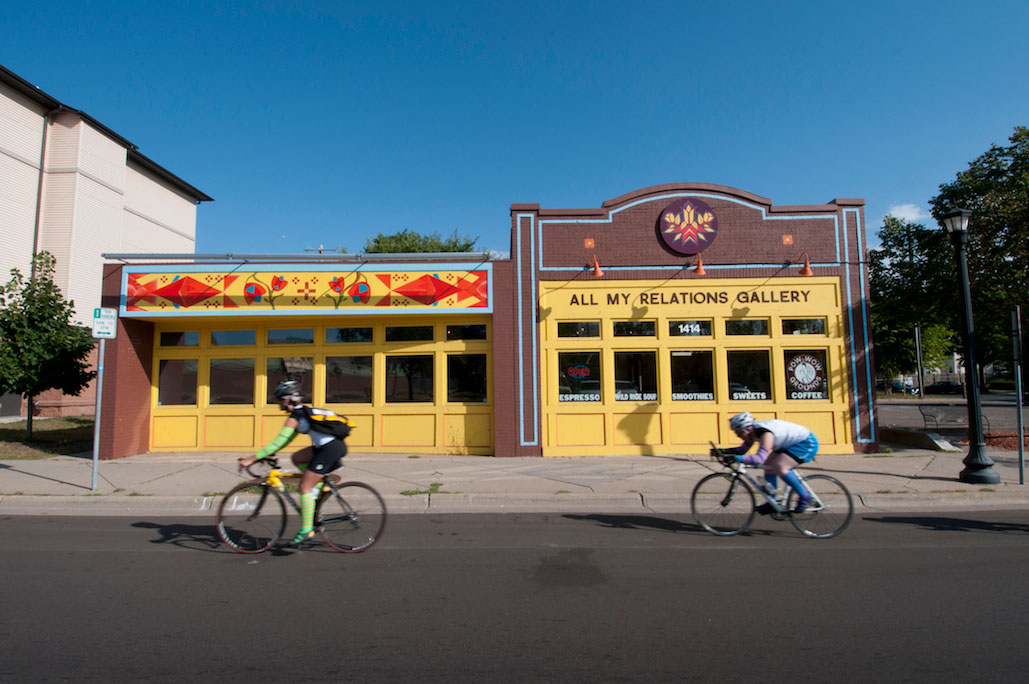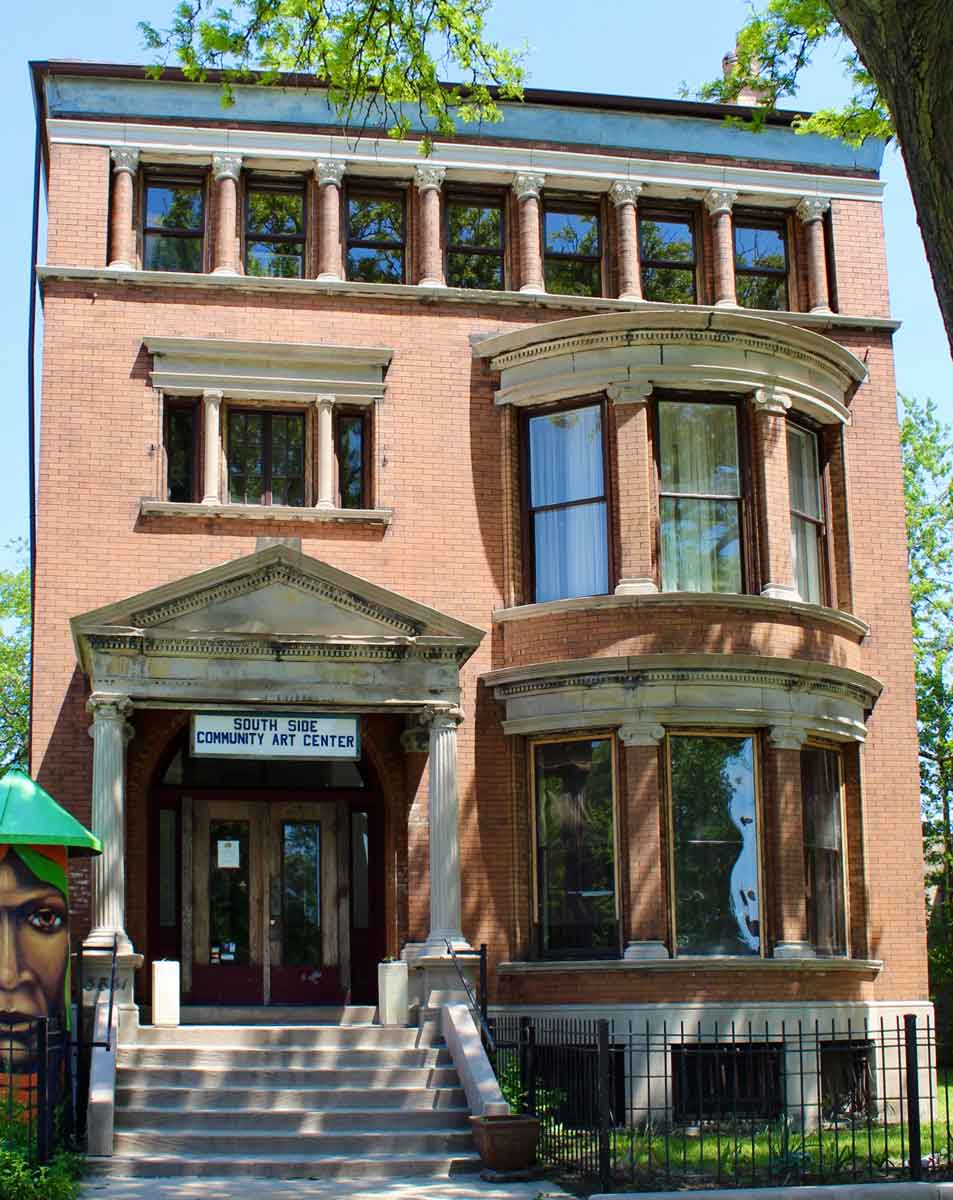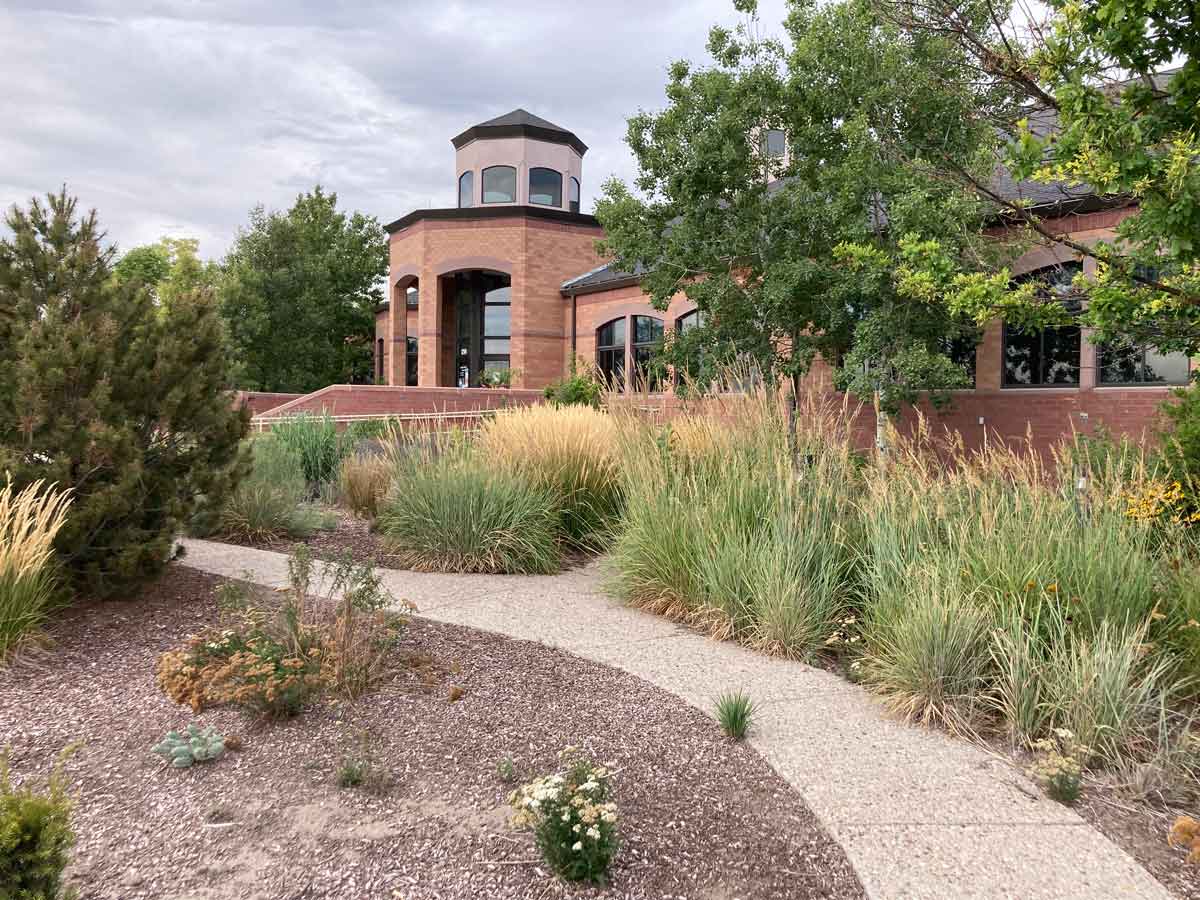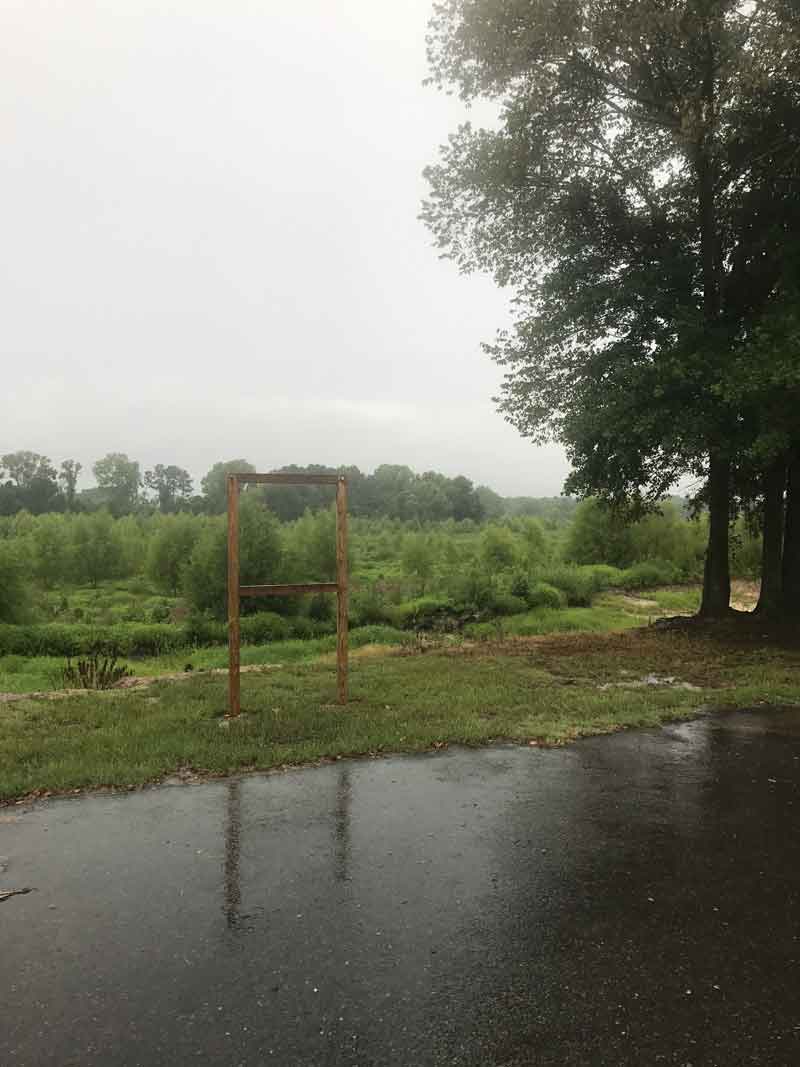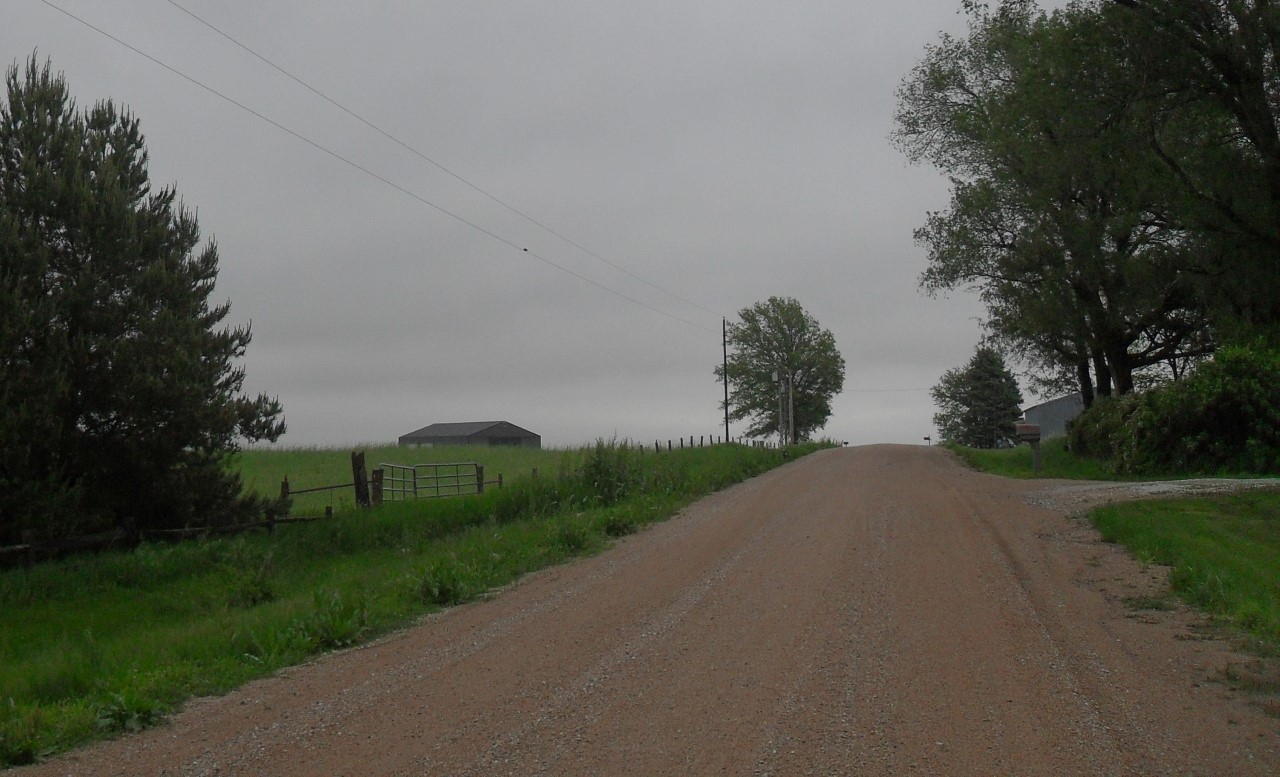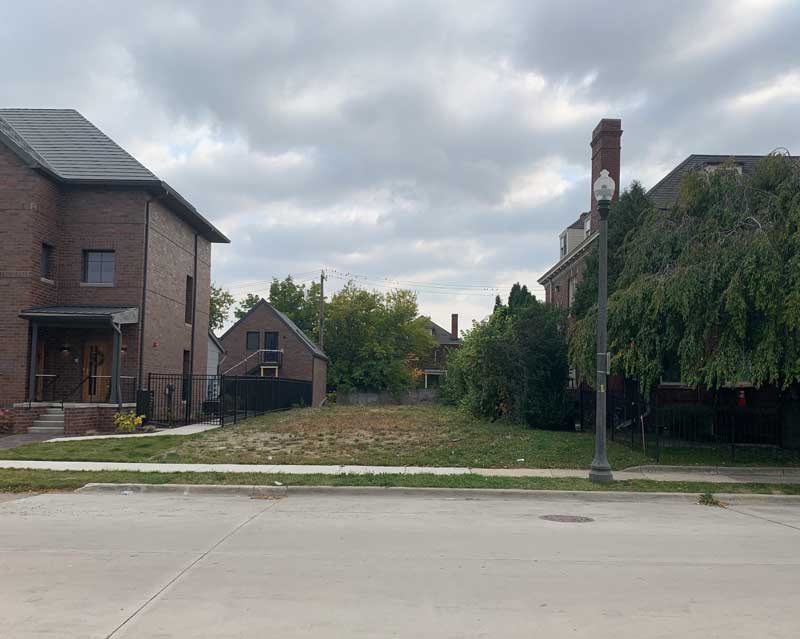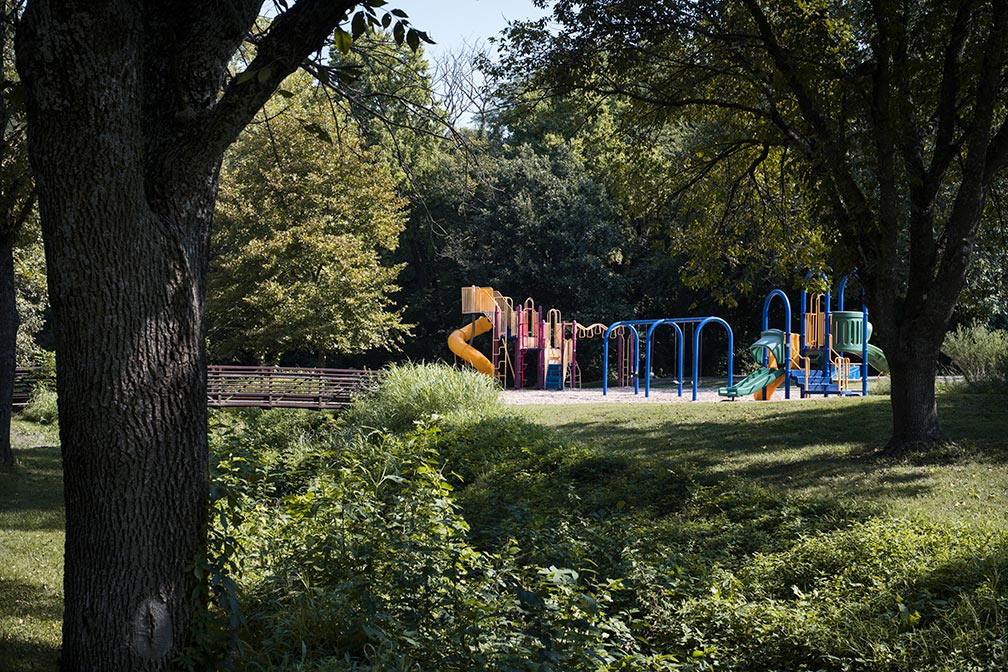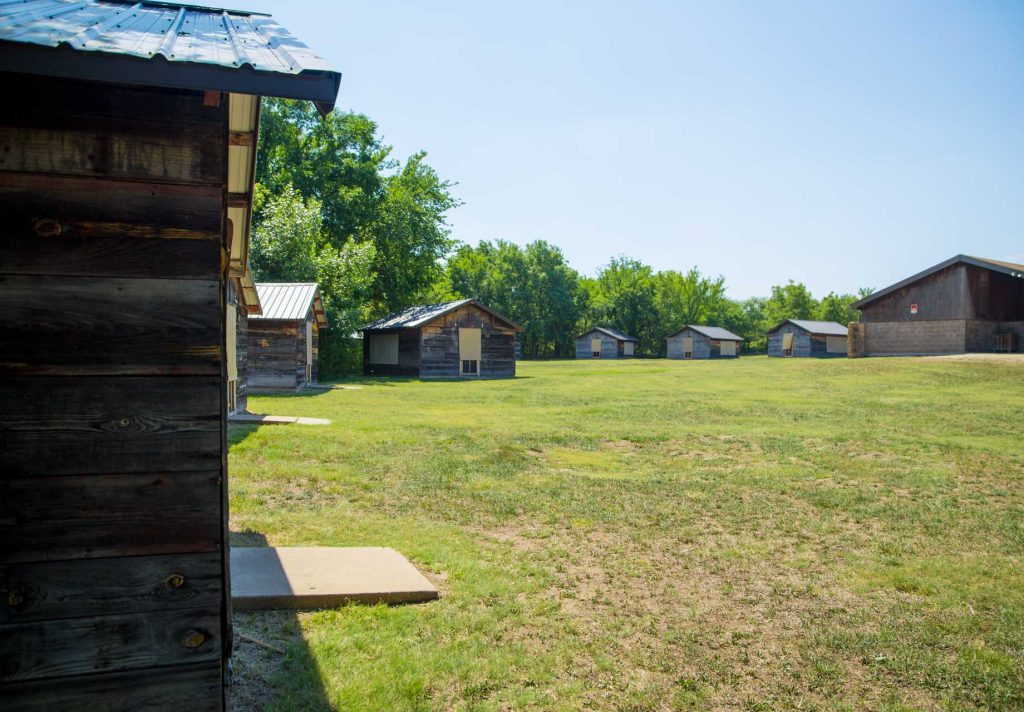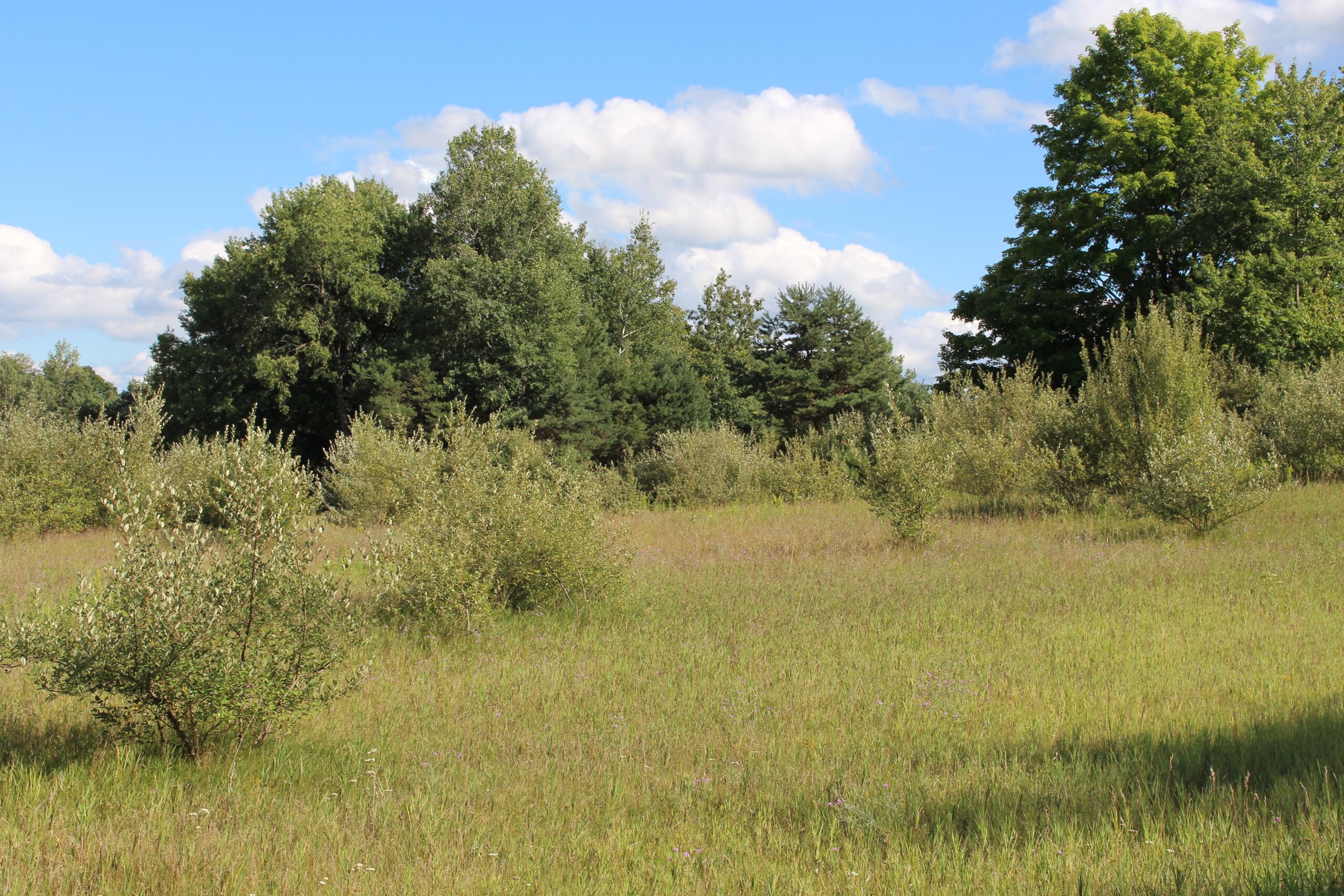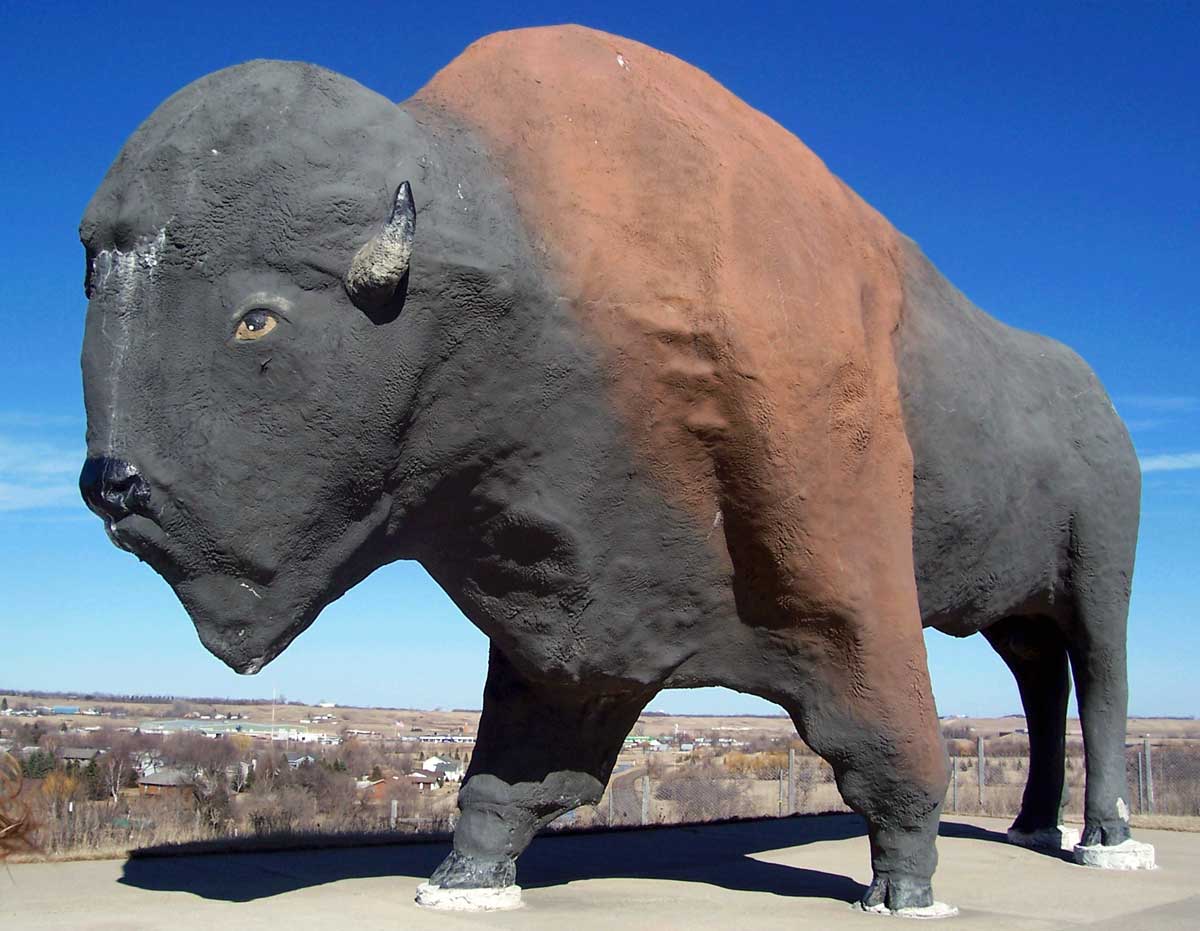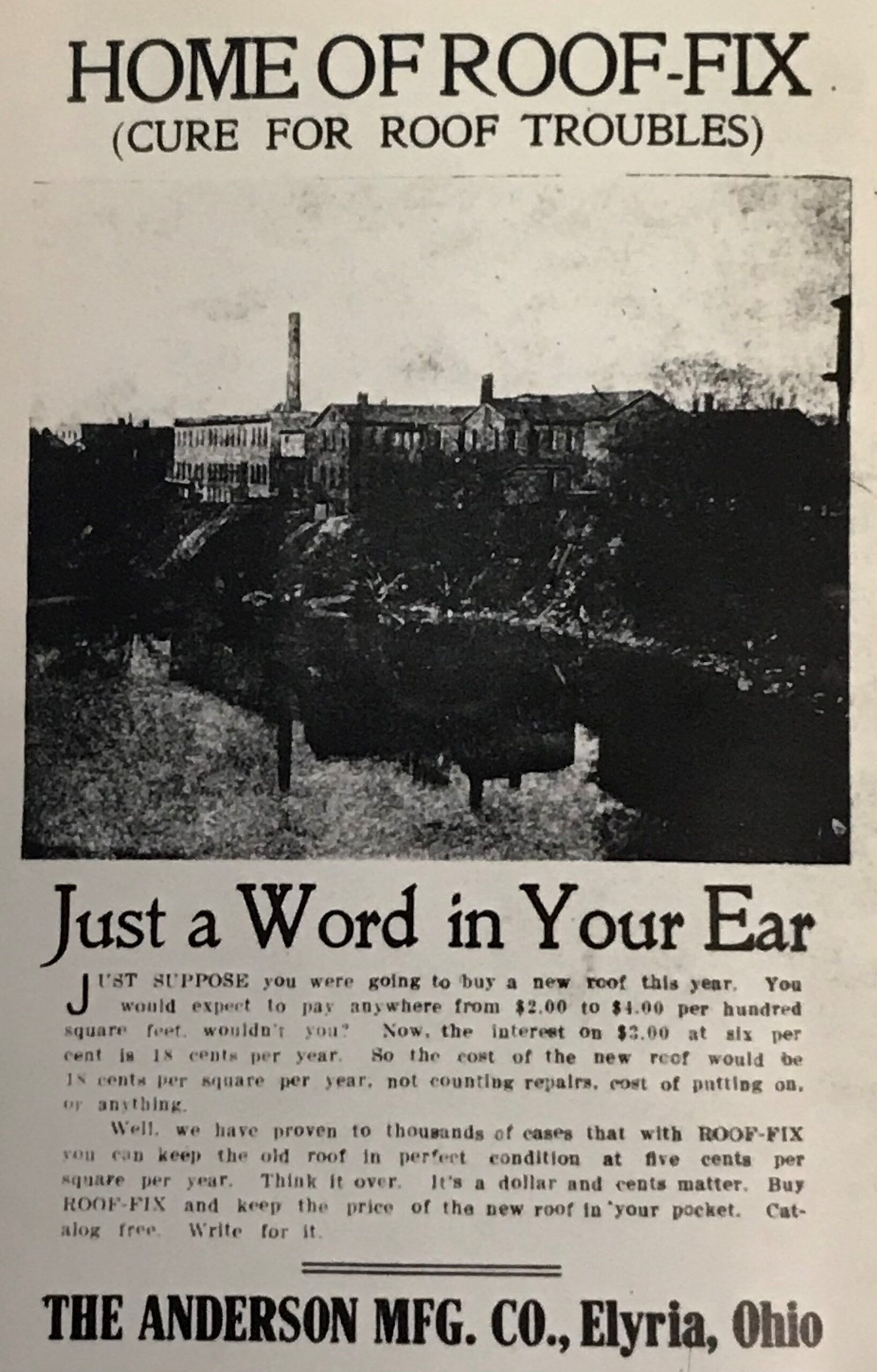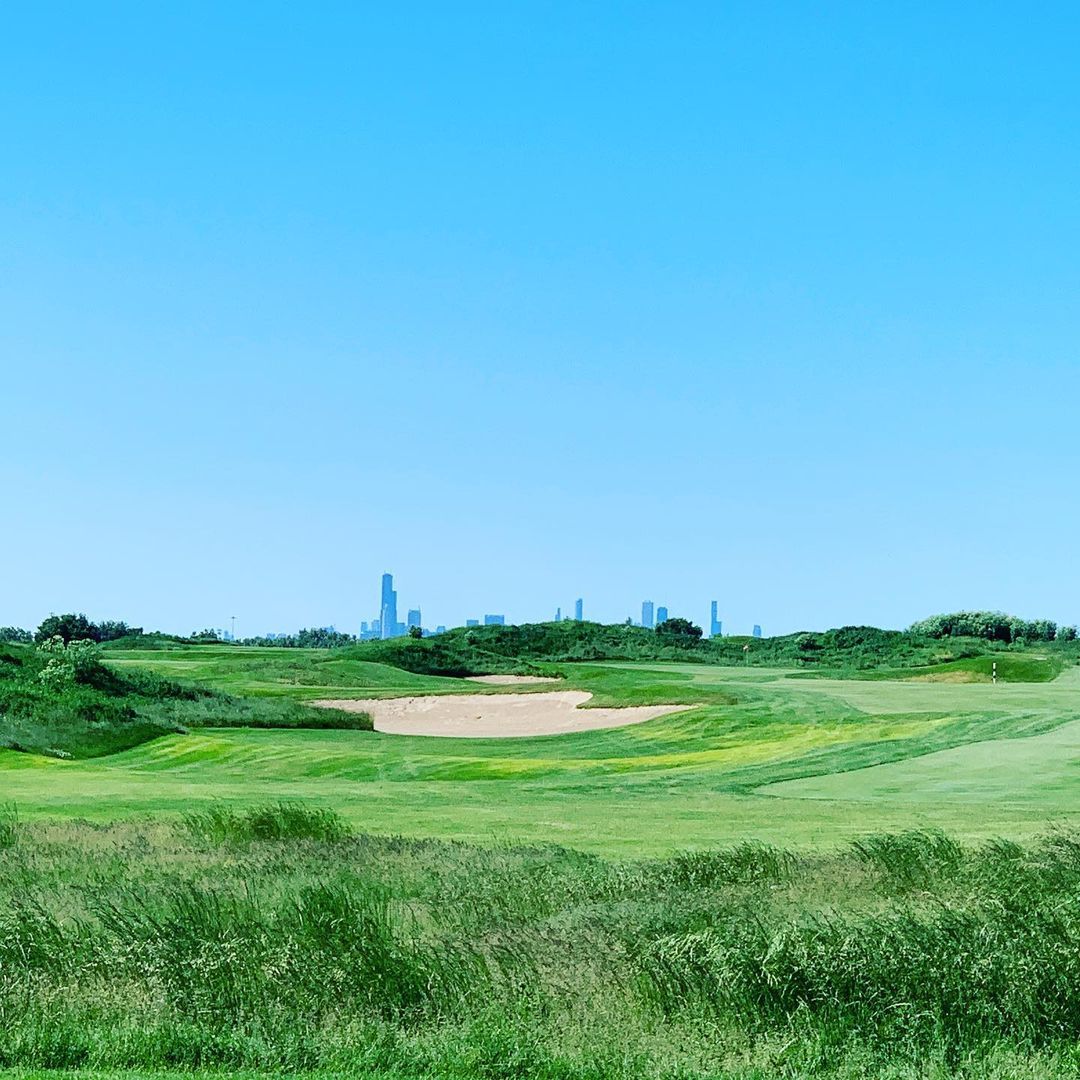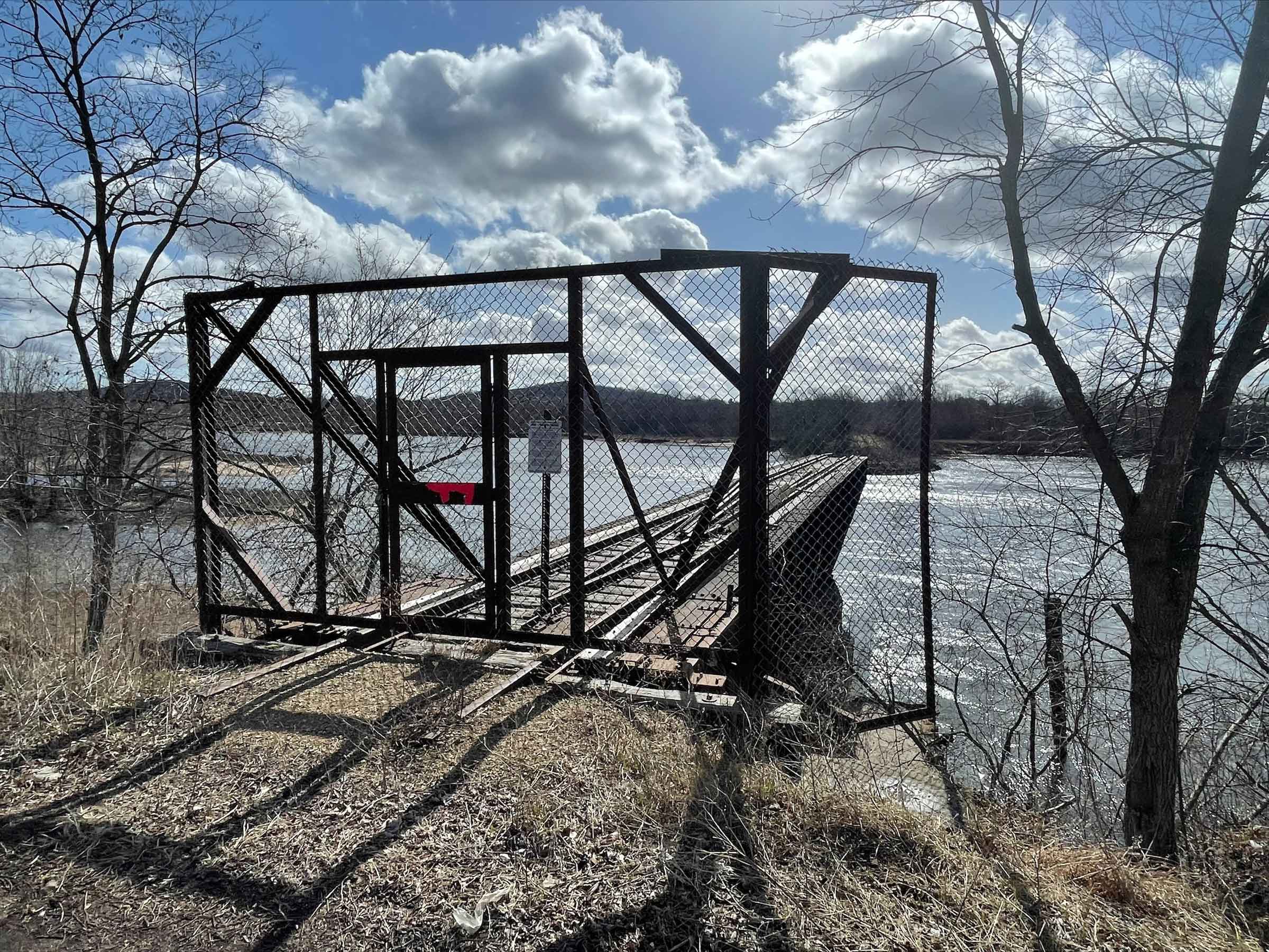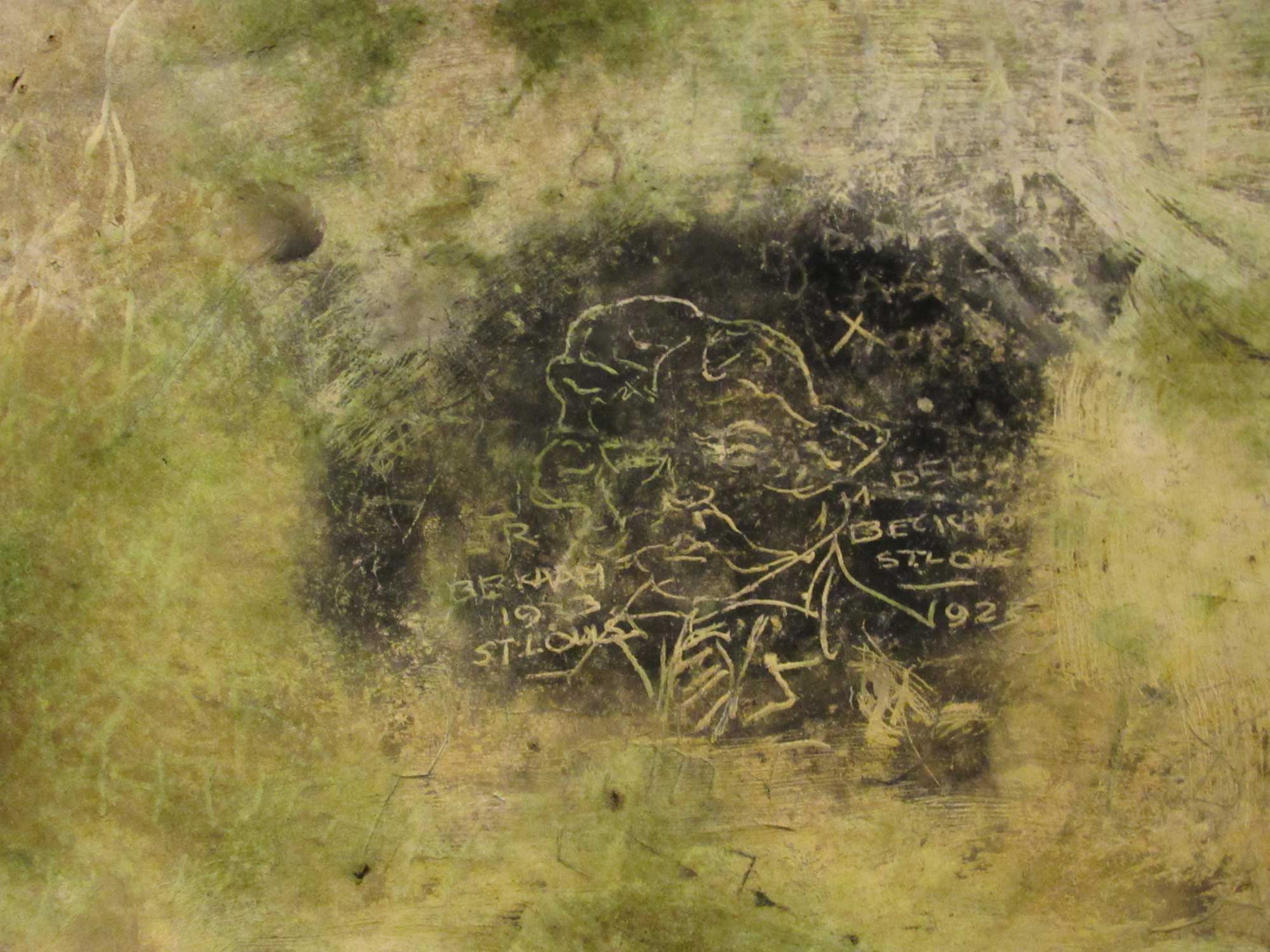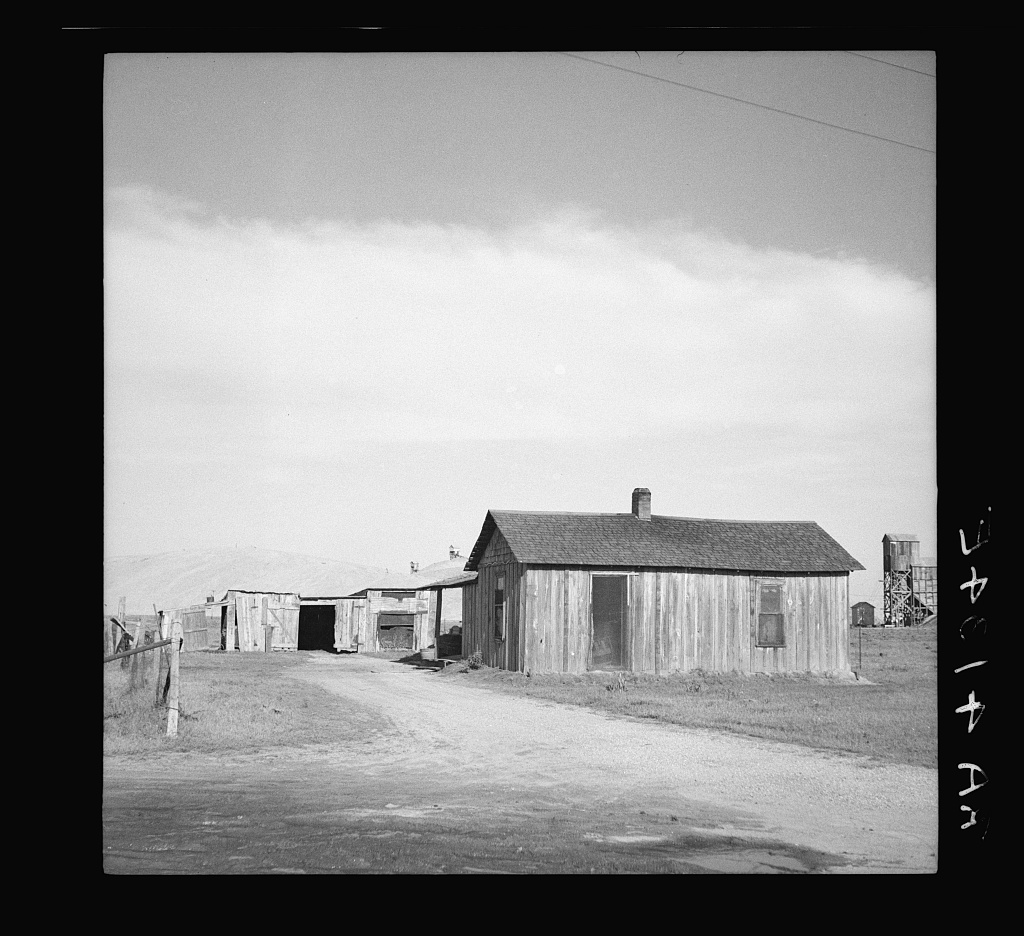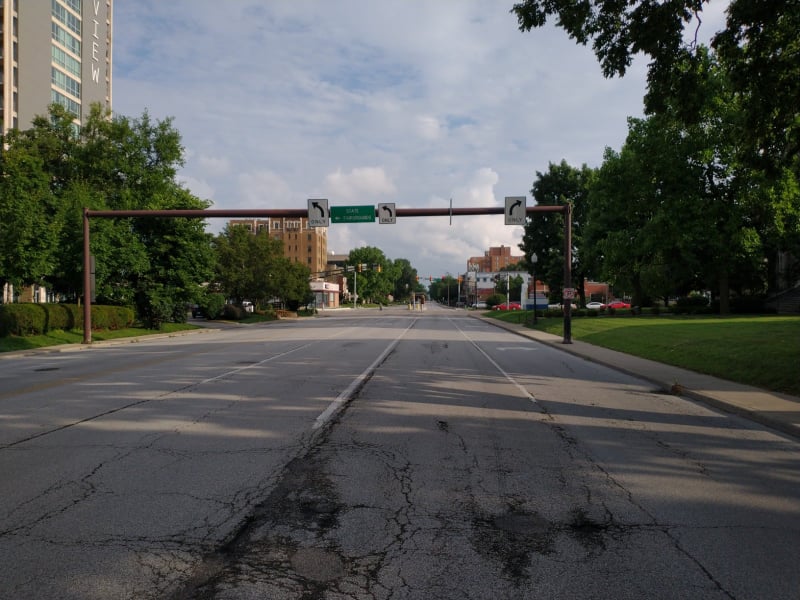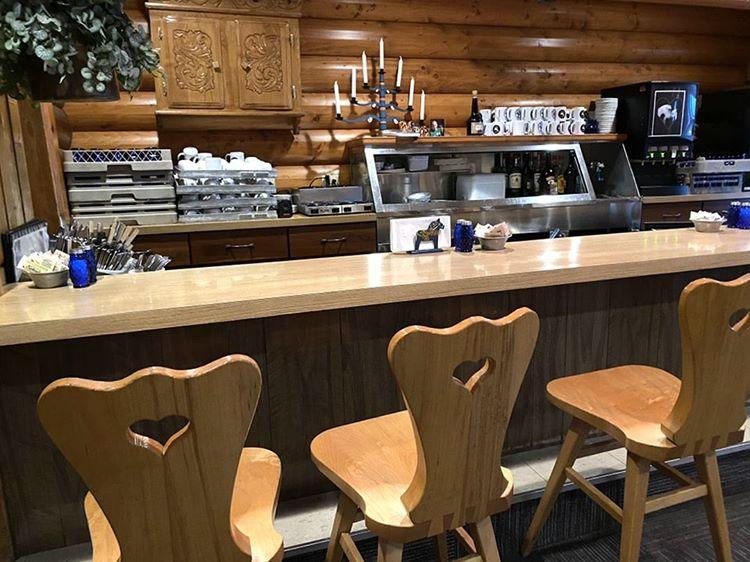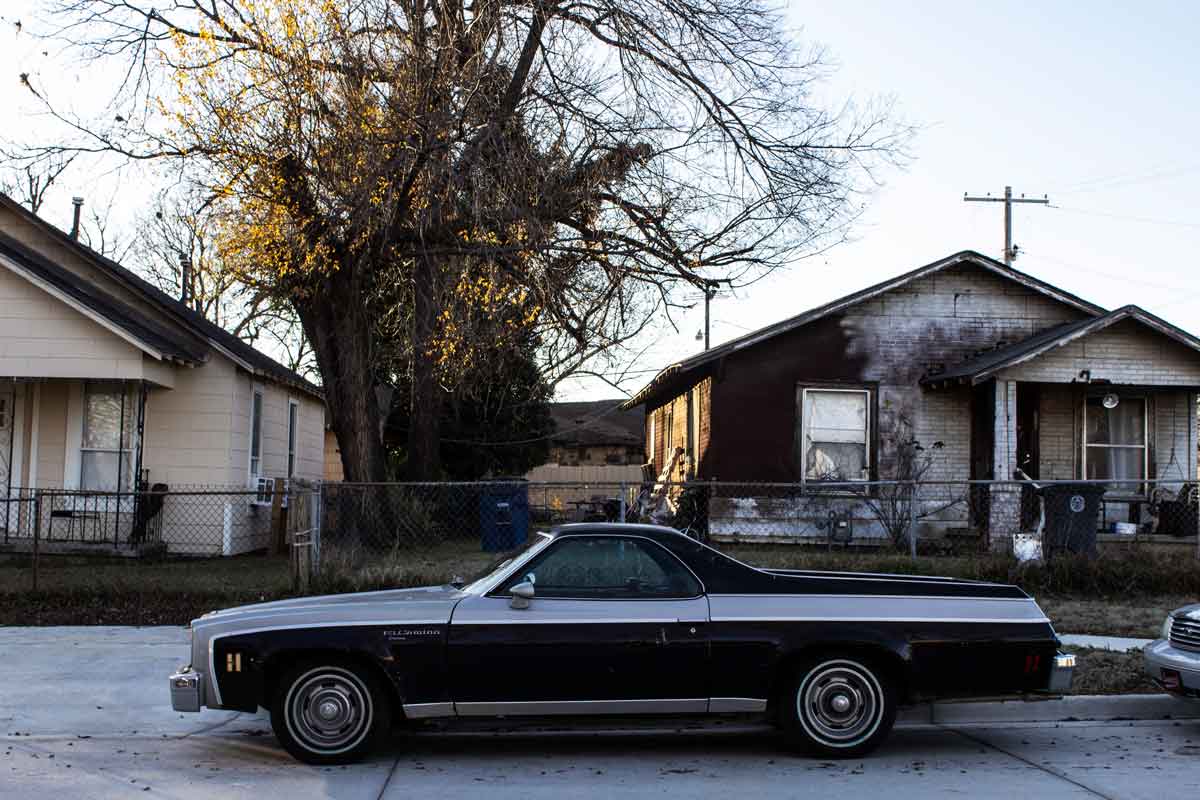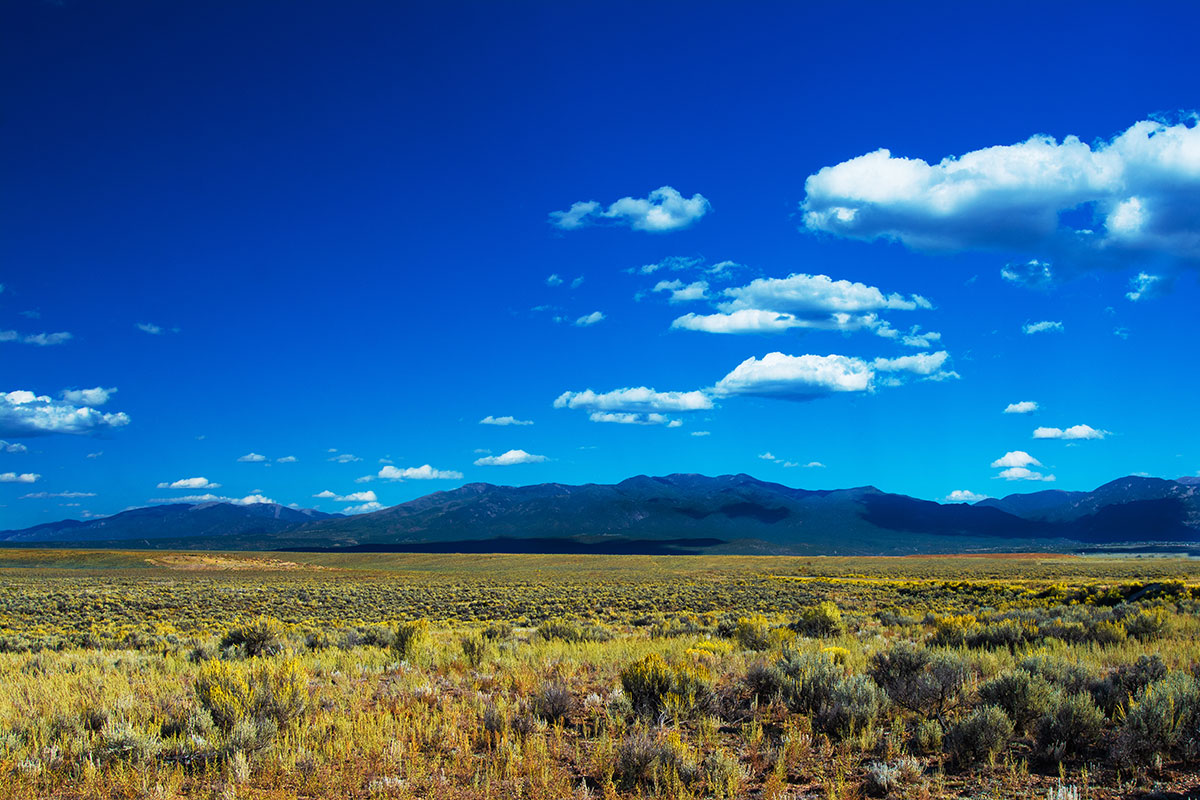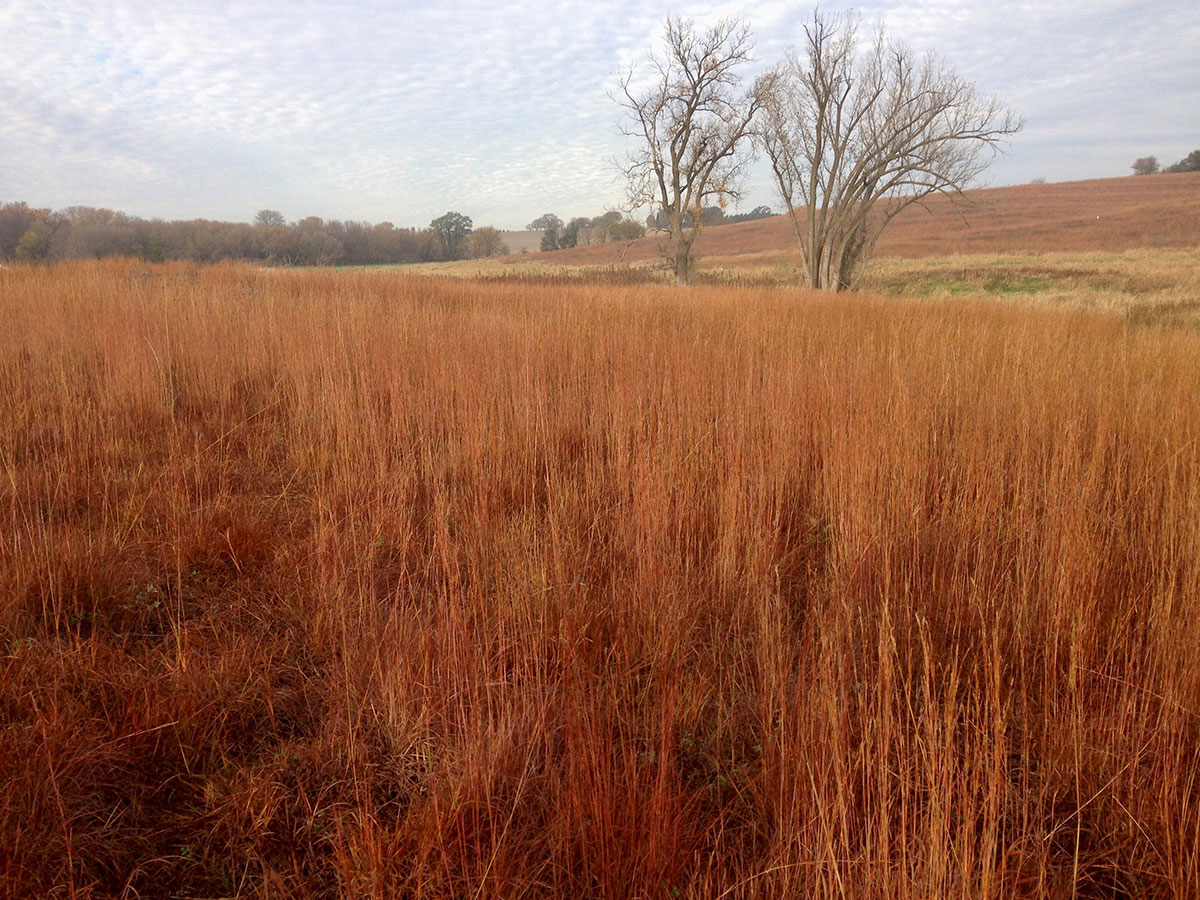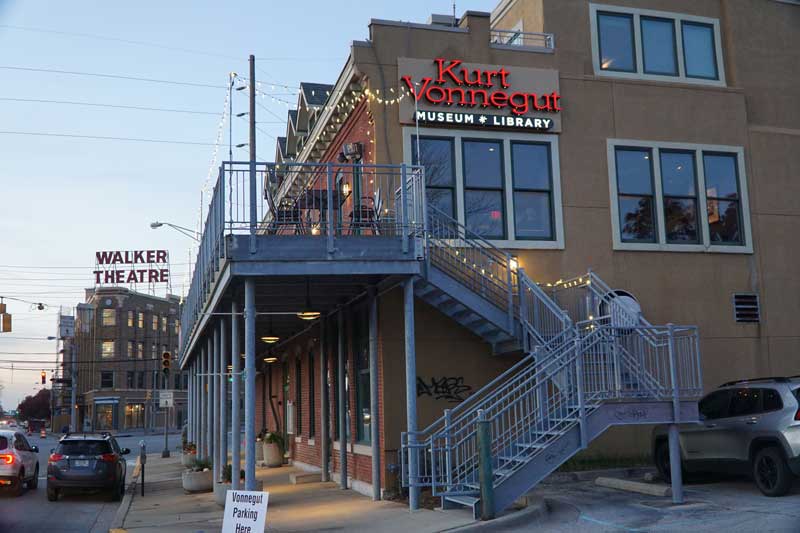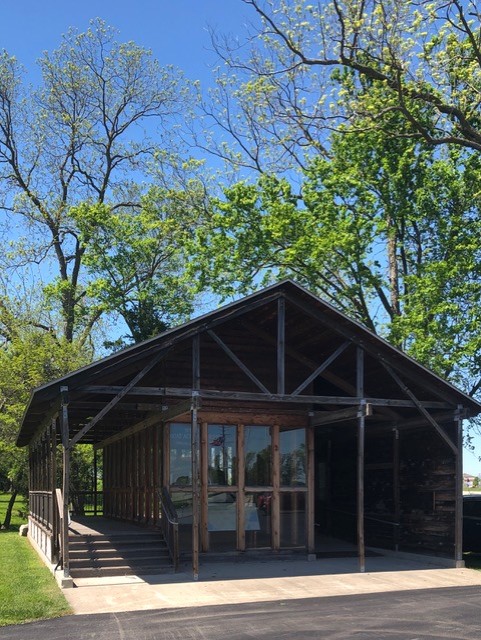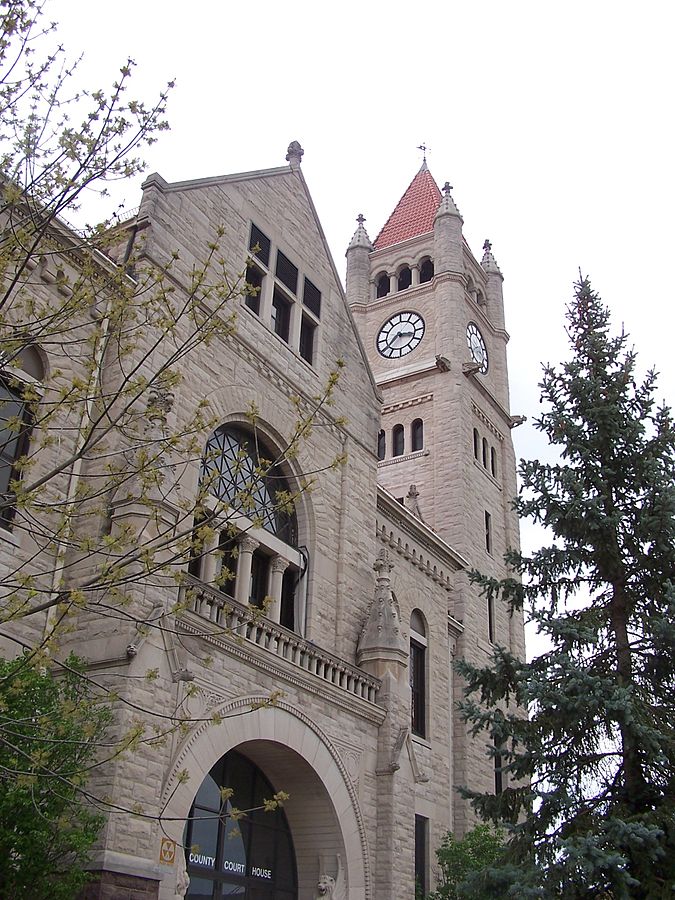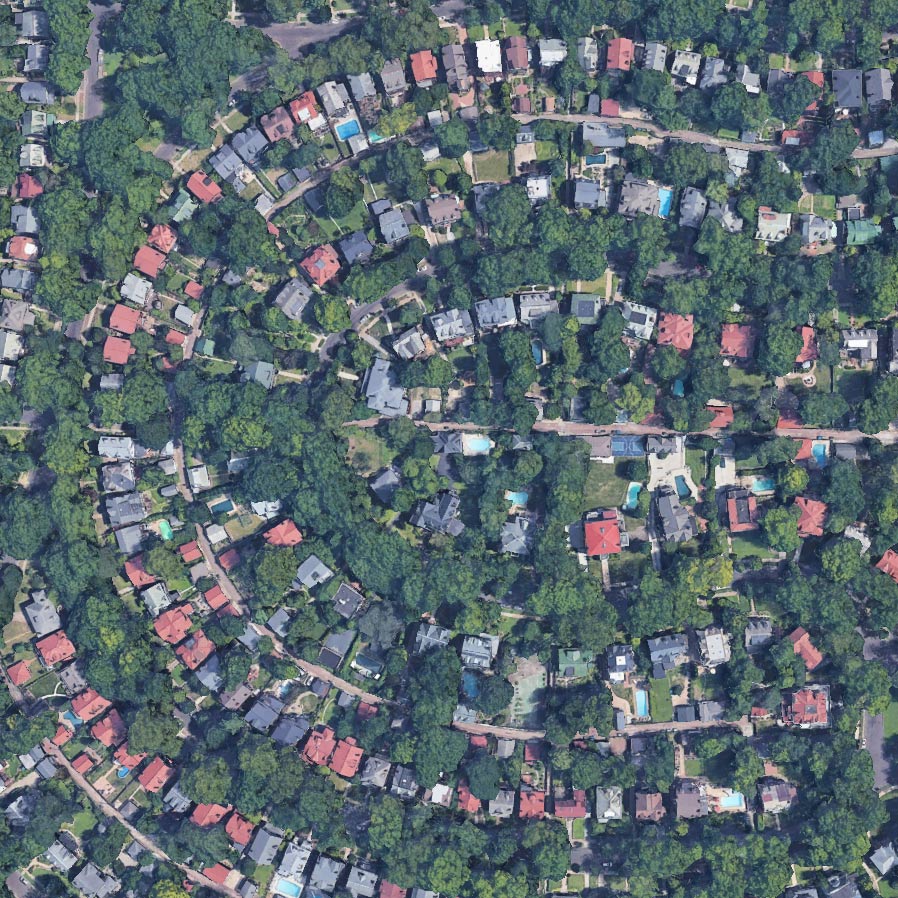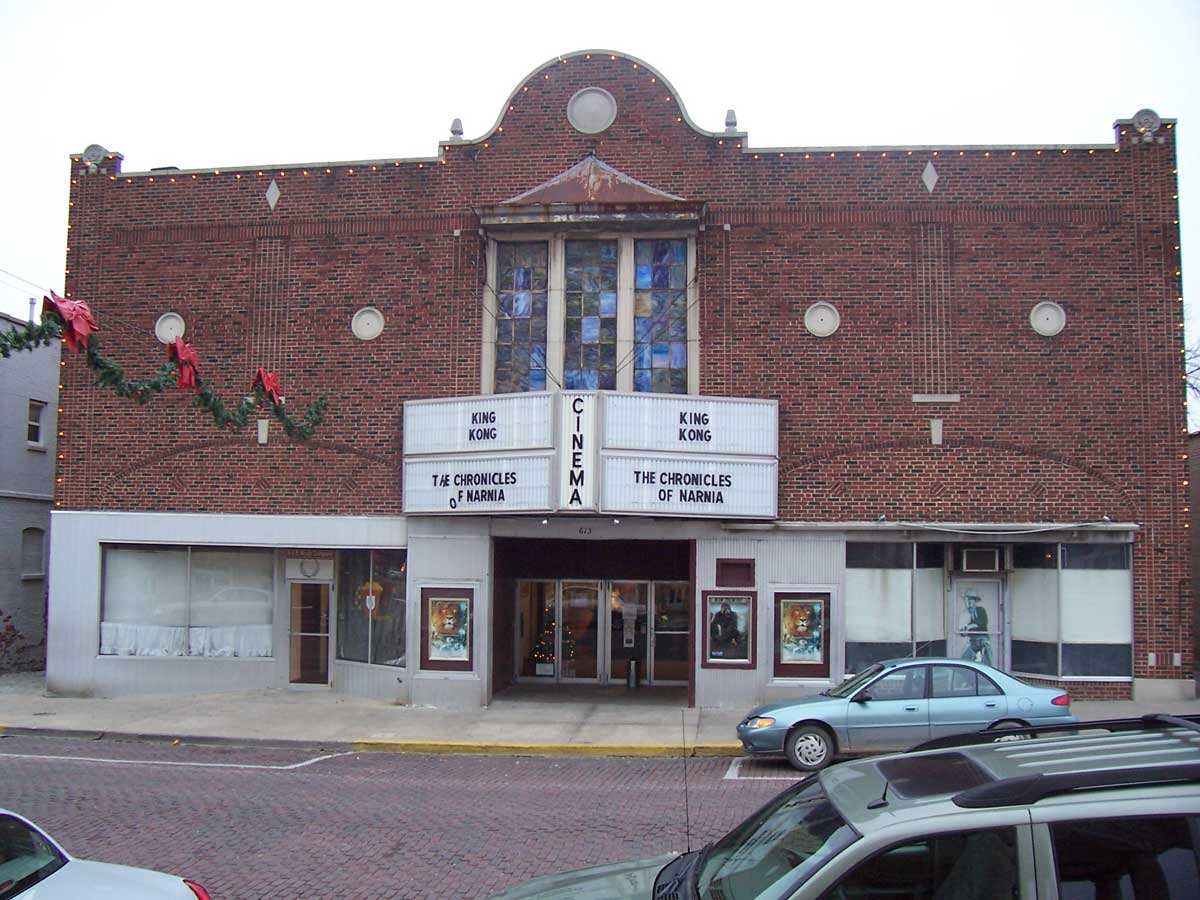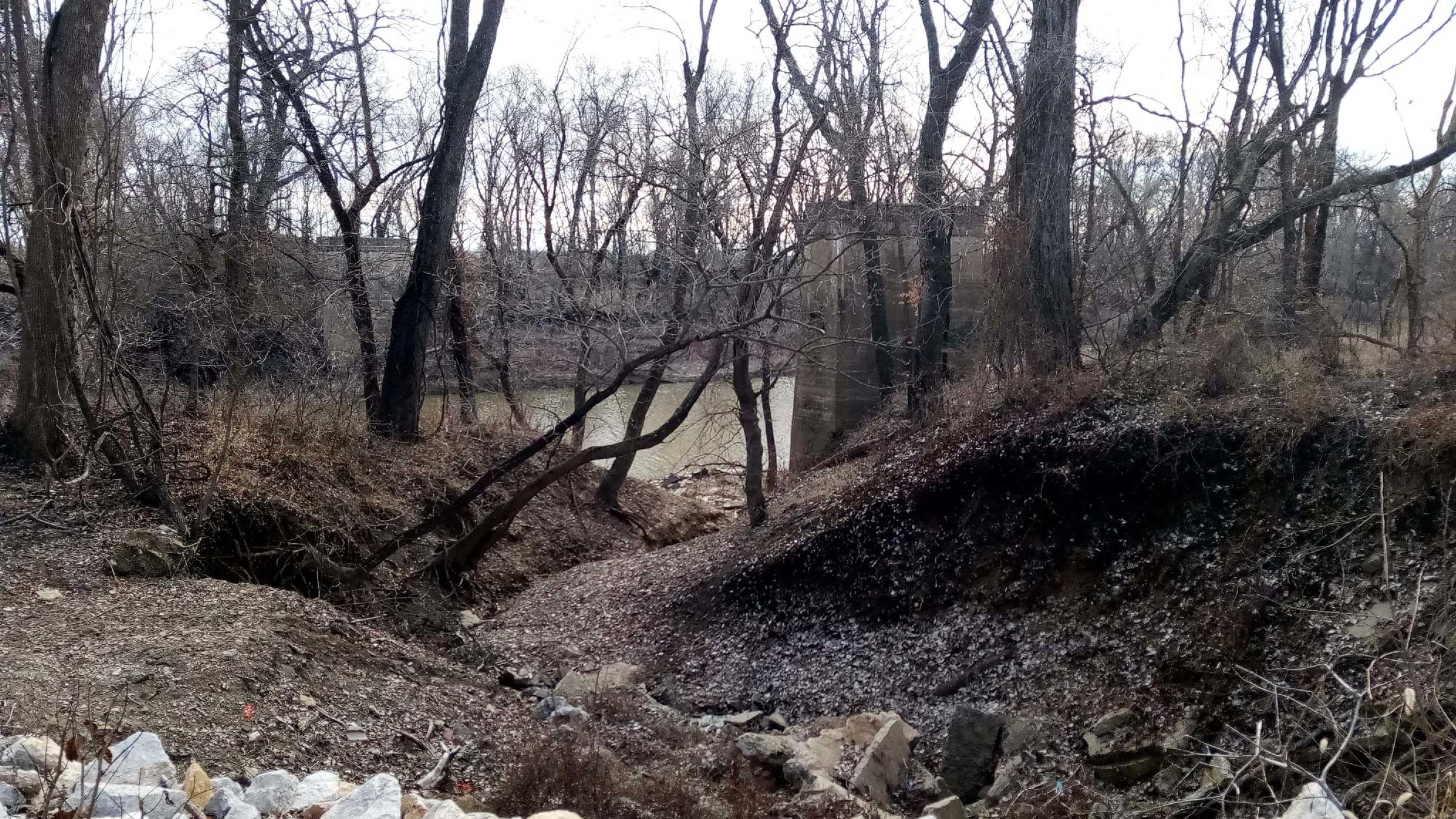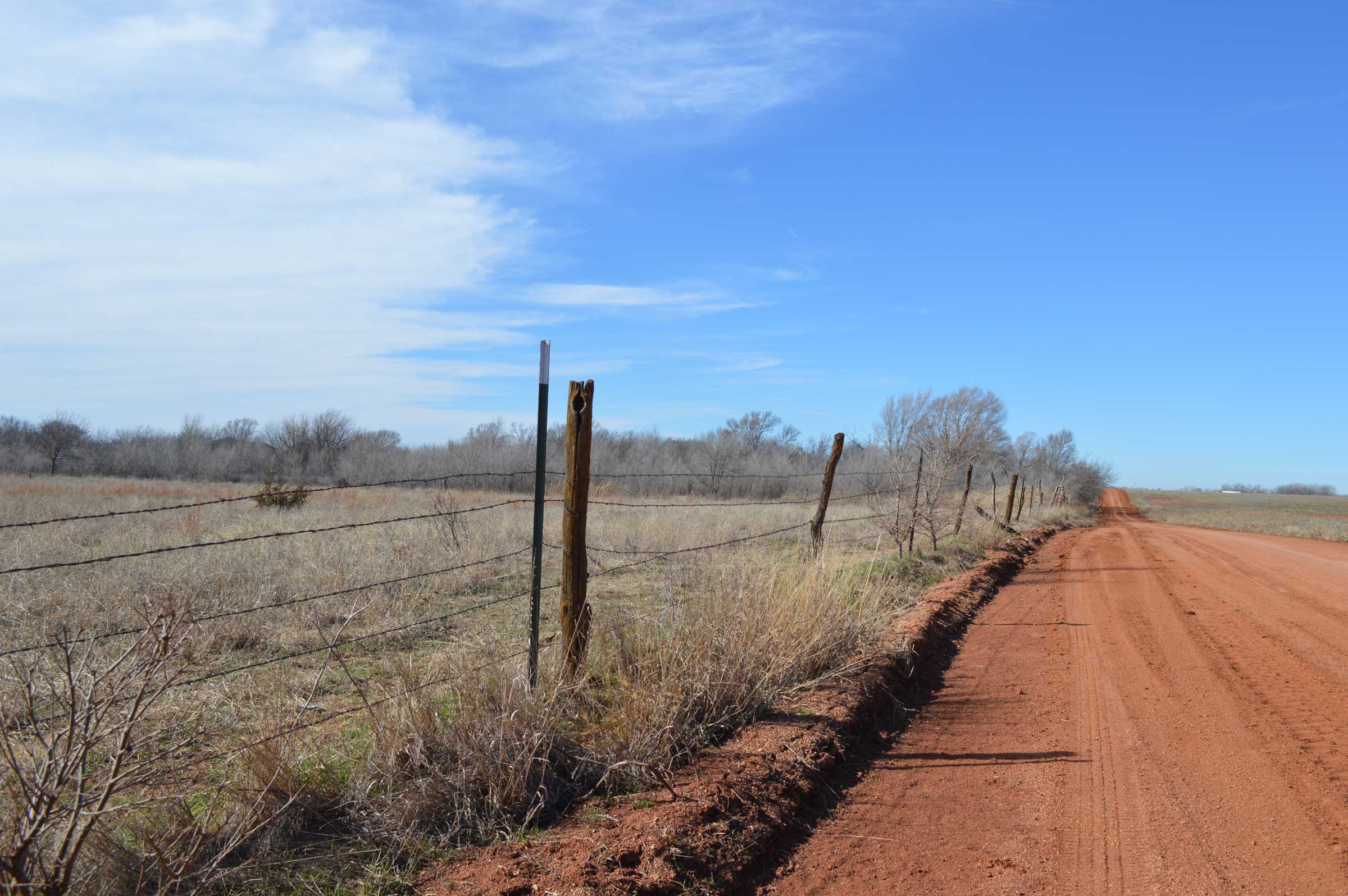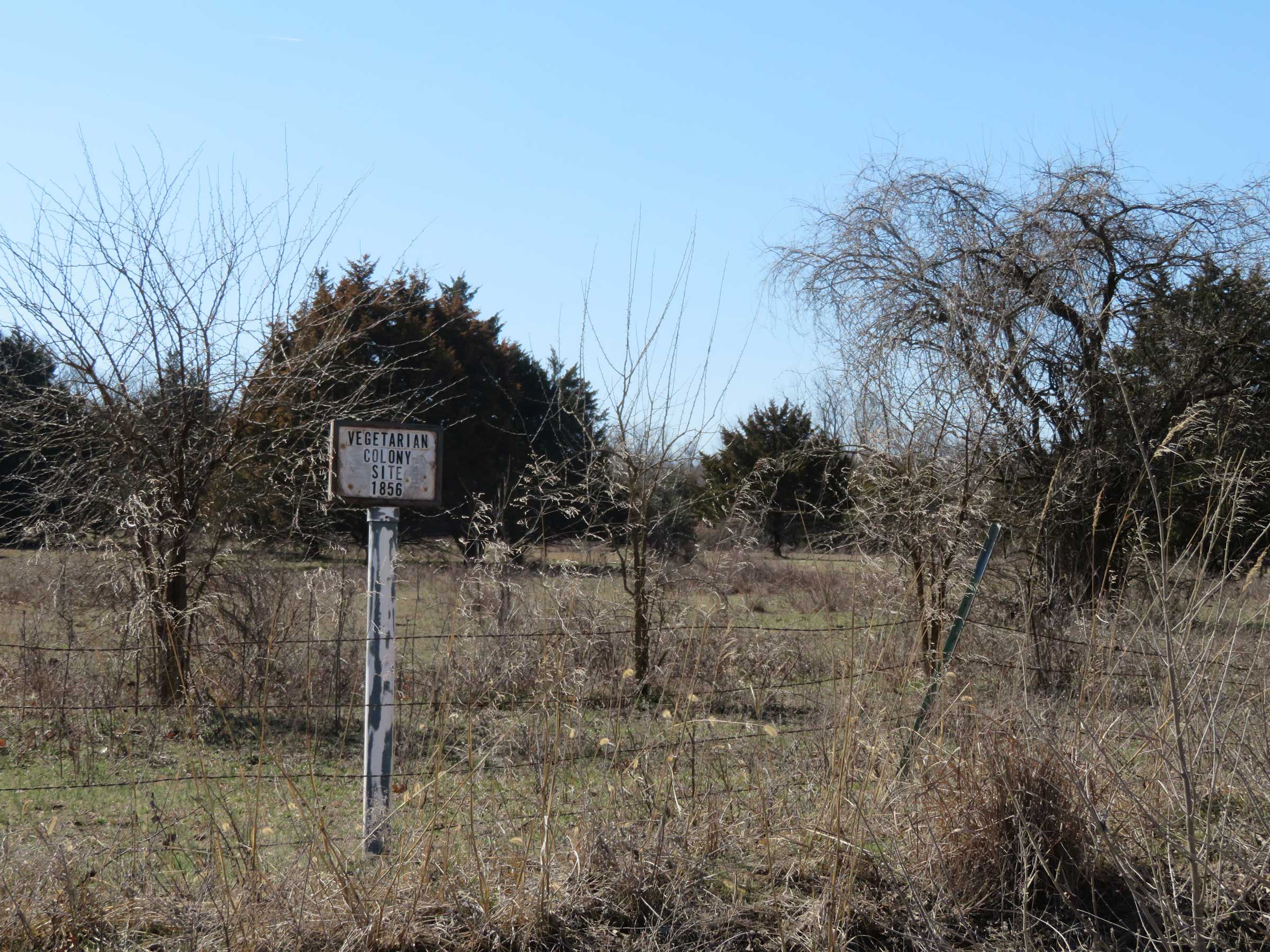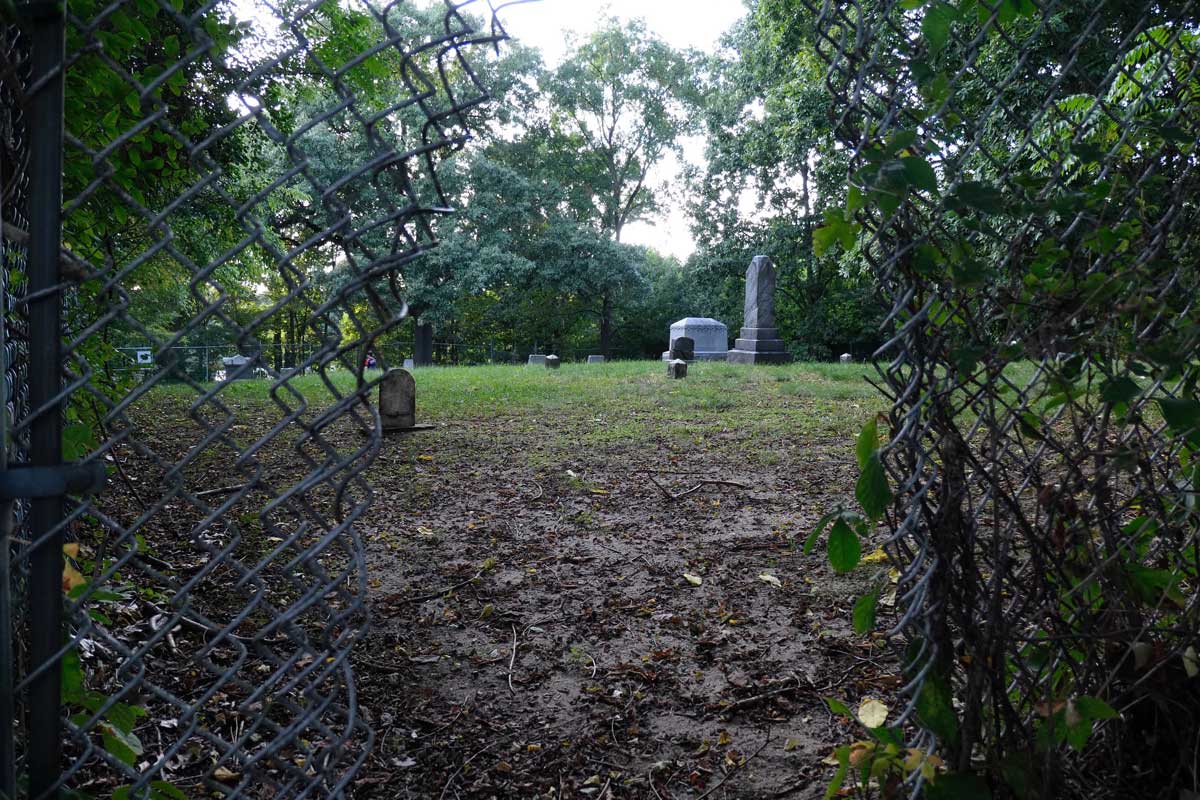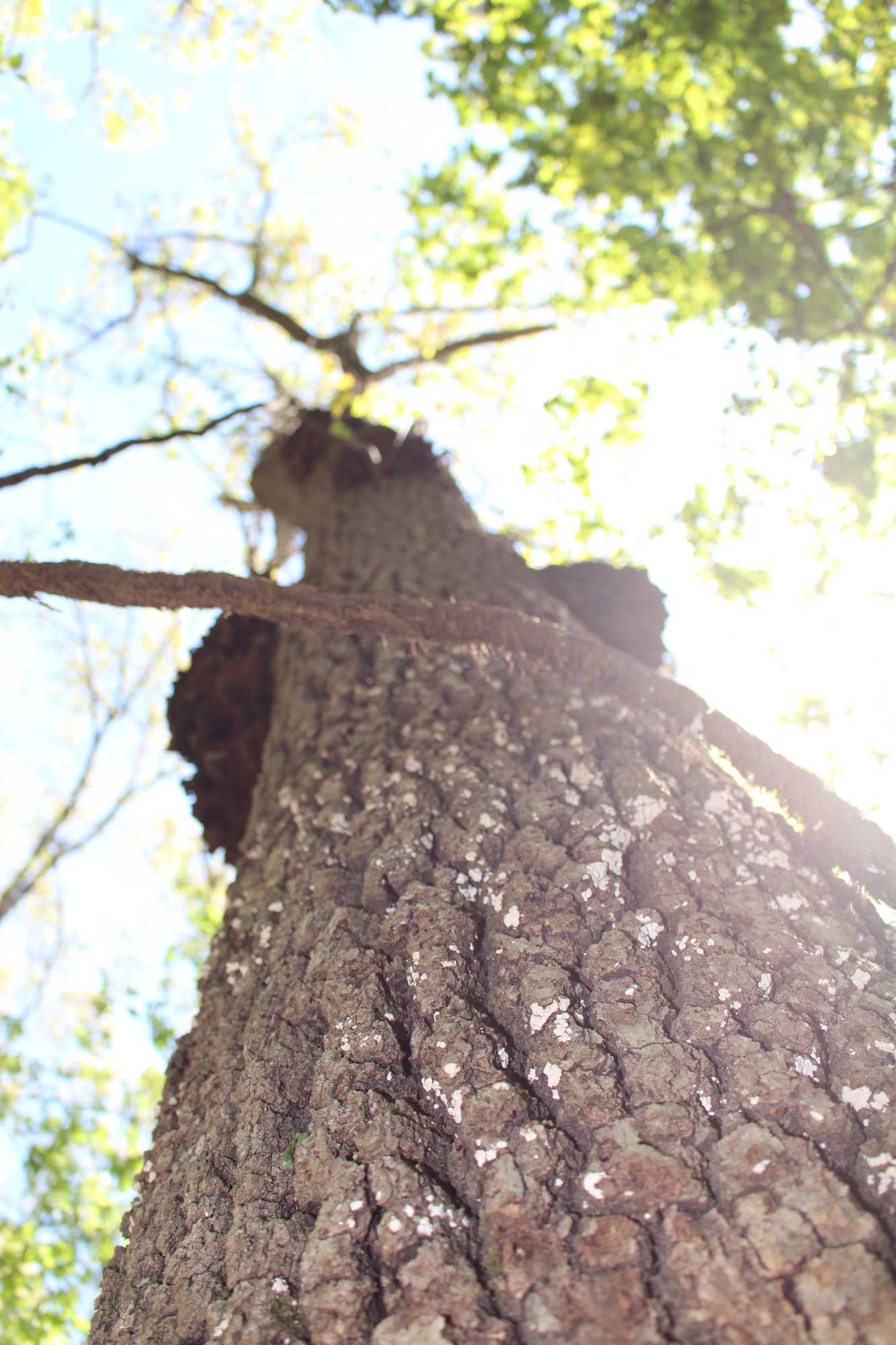Truman Capote
1112 Gillespie Place
Garden City, Kansas
By Rosemary Hope
This is the story of my house and the foursome who gathered for dinner Christmas Day 1959: Truman Capote, Nelle Harper Lee, and my parents, Dolores and Clifford Hope Jr.
It was at the beginning of Truman’s seven or so years of entanglement with Kansas for In Cold Blood, his 1966 nonfiction novel chronicling the murders of the Herbert Clutter family and the prosecution of their killers. Herb, his wife Bonnie, and teenaged children Nancy and Kenyon had been killed by gunshot in the early hours of November 15, 1959.
Truman and his childhood friend Nelle came by train from New York a few weeks later: Truman to cover the murders for The New Yorker and Nelle to help with reporting.
My father was Herb Clutter’s lawyer. Shortly after Truman and Nelle’s arrival, Daddy and the estate’s administrator opened the doors to the crime scene, a tidy farmhouse outside Holcomb, Kansas, five miles west of Garden City. Truman sniffed about while Nelle took notes.
Otherwise, the pair did not get much help from the community throughout December. Truman, a flamboyant, pushy, gay man, was puzzling to townsfolk and stymied by local press and law enforcement.
He and Nelle faced Christmas alone at the Warren Hotel in Garden City. Until my mother issued an invitation.
“Come at one,” my mother said.
“Make it two,” Truman replied.
Mom always looked out for those new in town, young reporters at The Garden City Telegram, neighbors, teachers, singletons — all would all be invited for dinner. She knew who Truman was; she subscribed to The New Yorker. And for a woman who claimed she spent the 1950s with her “head in the diaper pail,” an adults-only dinner was welcome.
She fed the four little Hopes in the kitchen ahead of time. When Truman and Nelle arrived around 2:00, Christine, 10, Nancy, 8, Quentin, 5, and Holly, 3, were introduced and then whisked upstairs to play with their new toys.
Years later, I learned that Chris and Nancy had discussed their meeting with Nelle and Truman in detail. They marveled at their voices — Truman’s high, Nelle’s low — and their appearances: he was “small and pinkish,” she “dark and tall.”
Our house sits on a two-block-long, tree-lined street flanked at either end by brick pillars with bronze plaques announcing
Gillespie Place
Private Drive
Truth: the street was not private and our house, a 1908 bungalow, was among the most ordinary on it. But the trees were special. Despite the name, “Garden City” was not a grower’s paradise. The vicissitudes of a semi-arid climate and near constant wind — “hard blue skies and desert-clear air” as Truman said on page one of In Cold Blood — made growing pretty things pretty hard. My grandfather, Clifford Sr., planted and irrigated the heck the out of the elms after he purchased the house in 1920.
Nelle volunteered to help Mom in the kitchen and shared her trick for getting the air out of baking batter. “You whomp it on the counter,” she instructed while smashing the bottom of the pan on the Formica. This method has now served three generations of Hopes baking hundreds of batches of cakes, rolls, and brownies.
Mom debuted twice-baked potatoes and roast duck. Truman, who “noticed everything” according to Mom, zeroed in on the potatoes. “They lack something,” he observed. Perhaps it was sour cream and caviar (“the freshest, the grayest Beluga”), which he described in 1972 as the only way he could “bear to eat a potato.” This “most delicious ever potato lunch” was to be accompanied by chilled Russian vodka, which “must be 80 proof.”
On this day, Truman brought J&B scotch. Conversation flowed, with Truman holding court. “Most of the talk was about himself, but it was interesting,” Daddy later recalled. “He loved to gossip, especially about his rich and famous friends.” (These were likely Truman’s Swans, ladies at the top of New York society.) At some point in the meal, Daddy rose from the table and recited the kings and queens of England in order.
Back in New York in January, Nelle wrote my mother that Christmas Day with the Hopes, Daddy’s tour of the town, and other shared meals were the “high spots” of the stay.
By all accounts, Christmas lunch launched Truman into Garden City society. Once word got around town that the Hopes had hosted Truman, he was honored with dinners and cocktail parties from Garden City high society. He even collected his own Garden City Swans, who were special guests at his Black and White Ball in 1966 after the publication of In Cold Blood.
People frequently ask why my parents were not at the ball. They weren’t invited, and Daddy knew why. Although he was a Kansas state senator and son of retired U.S. Congressman Clifford Hope Sr., and although Mom wrote a daily column, “The Distaff Side,” for The Telegram, my parents were not in the country club set, not the “in” crowd. Mom did not pick up smoking and bridge as she’d been advised to do when she was society editor for the Telegram. Daddy didn’t golf. They didn’t have a modern house with a conversation pit and intercom system like those who lived on “the Hill.”
But Truman knew what he had with my parents. He retained Daddy as his Kansas lawyer throughout the writing of the book and filming of the 1967 movie. He relied on Daddy’s insider view of Kansas politics, particularly the 1960 gubernatorial race, which could have threatened the death penalty in the state. Daddy is one of five mentioned in the book’s acknowledgments.
Truman genuinely liked my mother. He insisted on writing a guest column for her, and it was a charming recount of his luncheon with Queen Elizabeth, the Queen Mother, at the home of royal photographer Cecil Beaton.
I liked to tease my parents that I was Truman Capote’s love child. I mean, there are similarities between my baby pictures and his “fat years” photos. And he sent Mom a bottle of Chanel No. 5 when I, her fifth child, was born in June 1961. My fantasy stems from the story I was told over and over: Truman showed up at the house midday in early 1962 wanting my mother to join him at the Warren Hotel coffee shop for a gab session. She answered the door, baby me on her hip, making dinner, phone ringing. She plopped me in his lap, noticing his look of horror and confusion as she ran to answer the phone. Like any other Garden City housewife, Mom had no nanny for the baby, no cook for lunch. Truman left alone for the coffee shop, perhaps a bit sticky from our encounter.
The four from Christmas dinner 1959 are gone now. My parents lost touch with Truman after the filming of the movie. Nelle and my parents remained friends, with sporadic correspondence through the years. The house on Gillespie Place, with some replacement trees on the driveway side, remains in the family.
Rosemary Hope resides in verdant eastern Kansas, with twice the rainfall and half the wind of her beloved western Kansas. She lives on a tree-lined street with her husband, cat, dog, and rabbit, and an easy-to-grow organic garden. She is a medical writer and editor.
Photo at top: Hope family home, winter 1960. The house was added to the National Register of Historic Places in 2000 because of its association with Clifford R. Hope Sr., who represented the southwest Congressional District in Kansas in the U.S. House of Representatives from 1927 to 1957.


